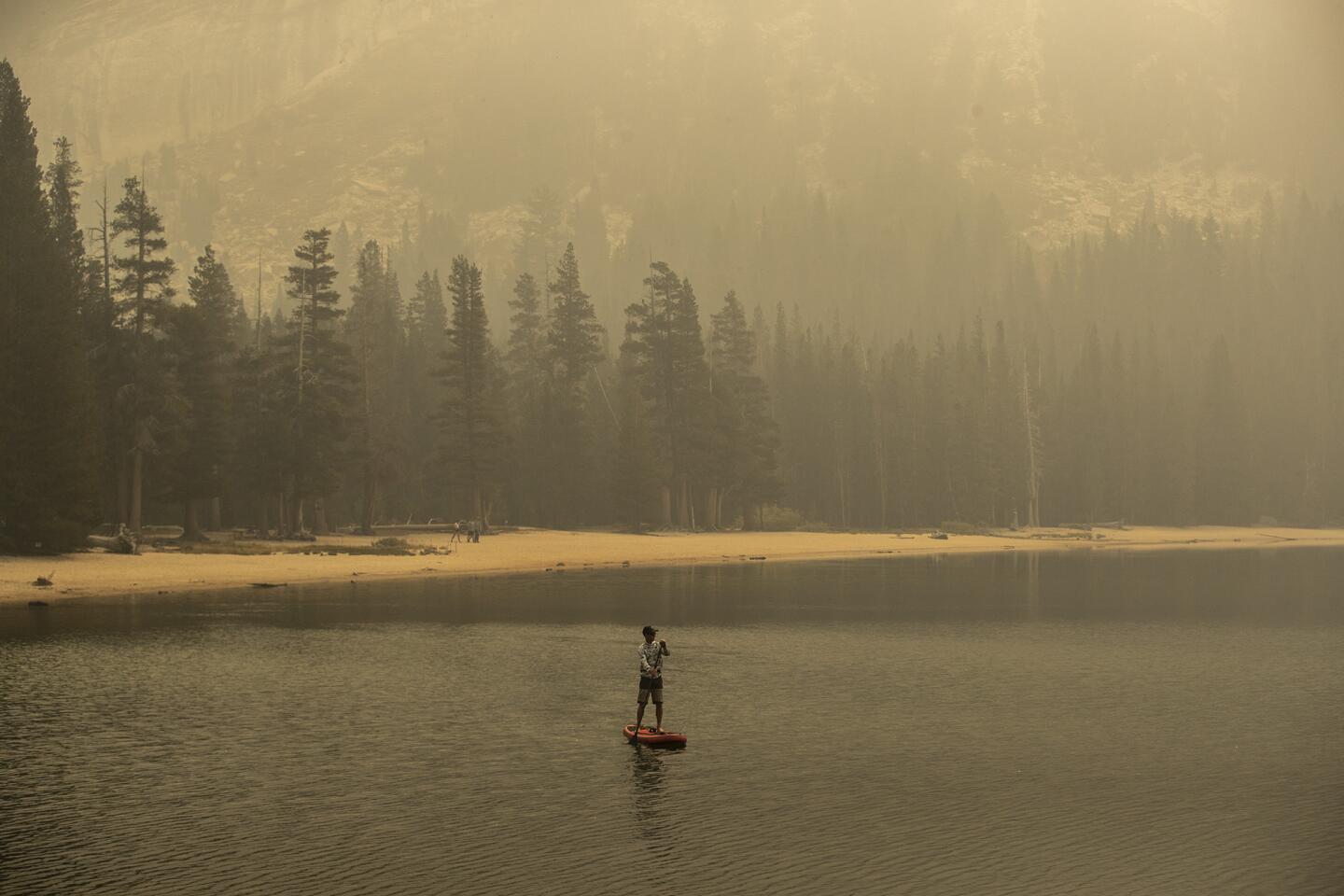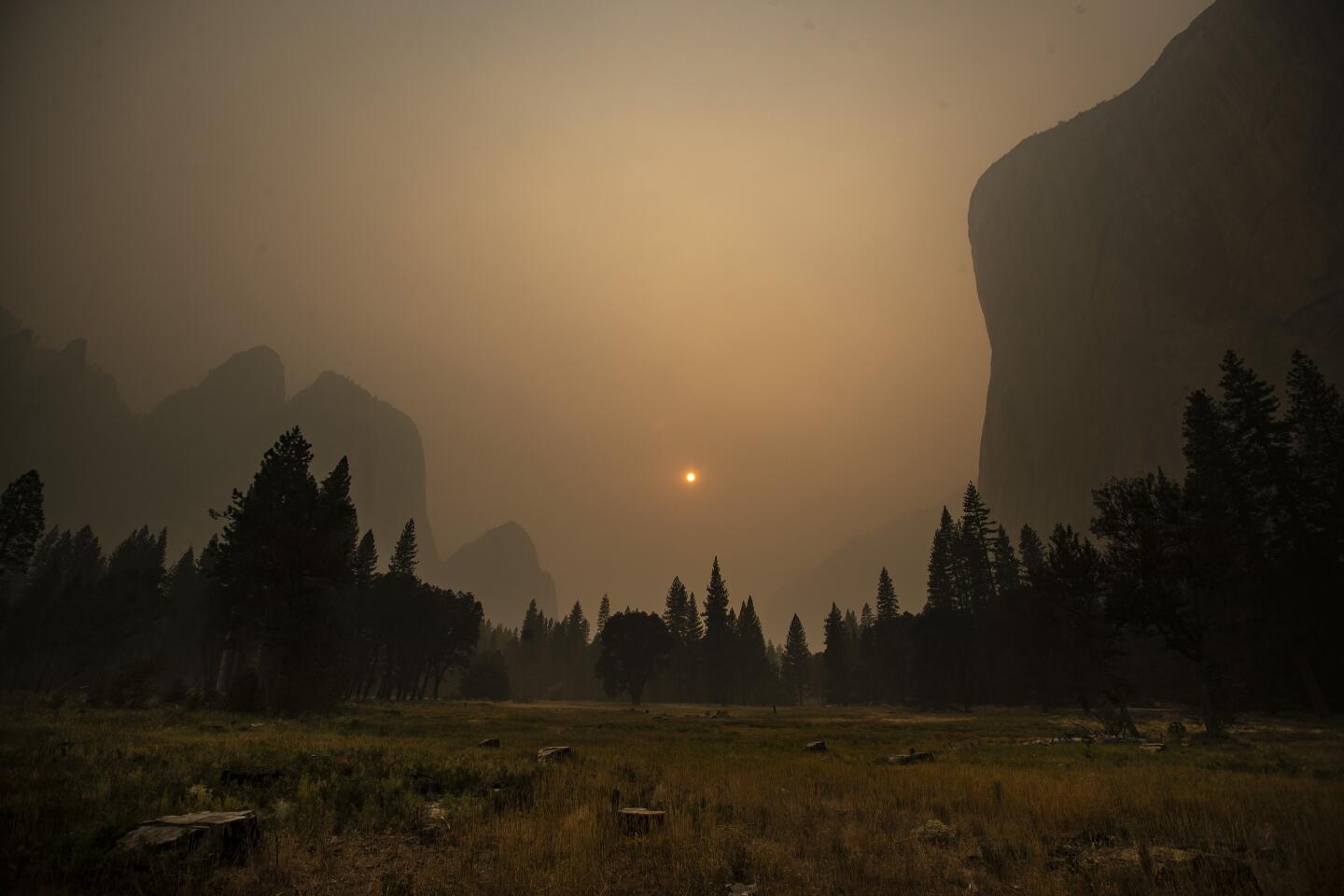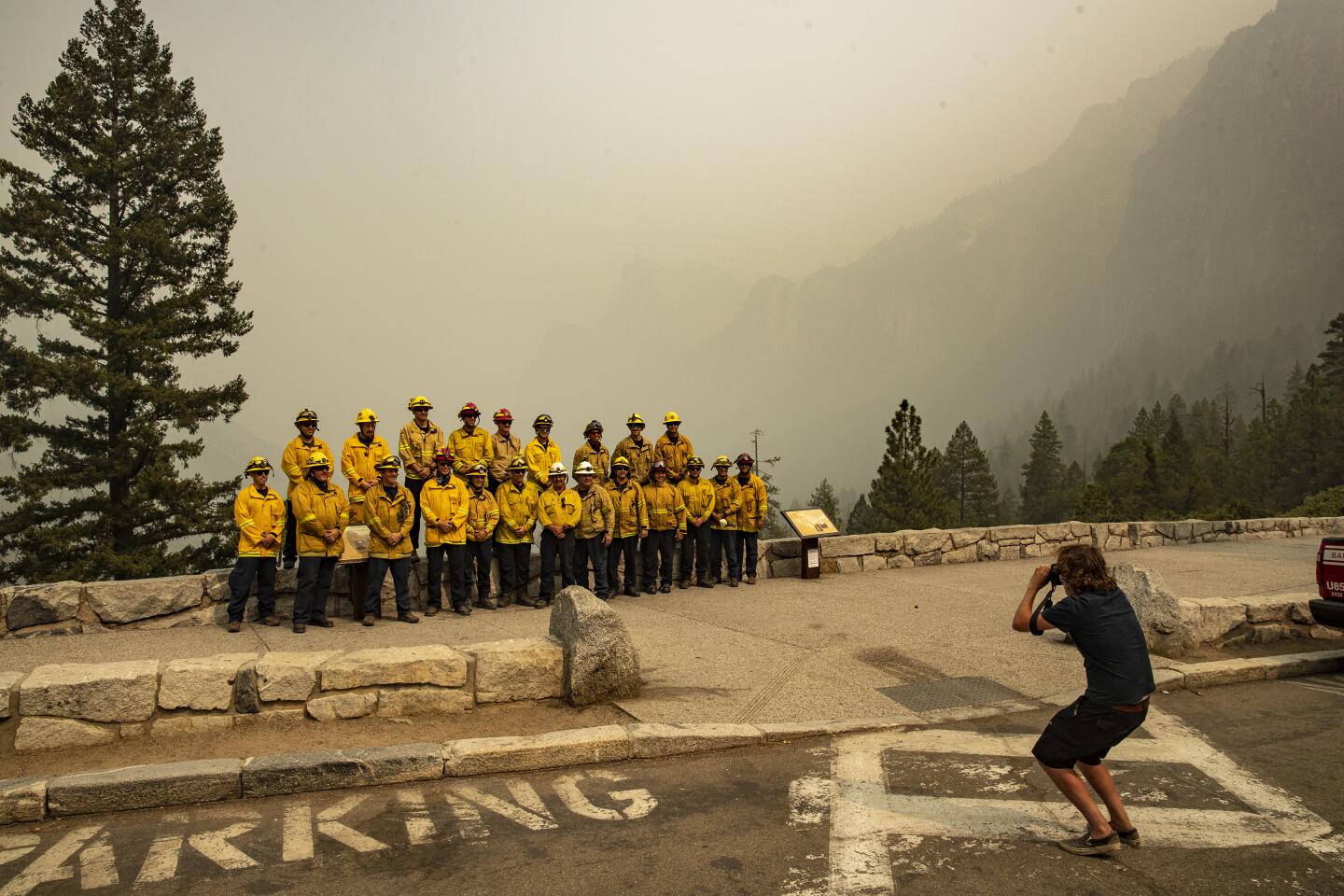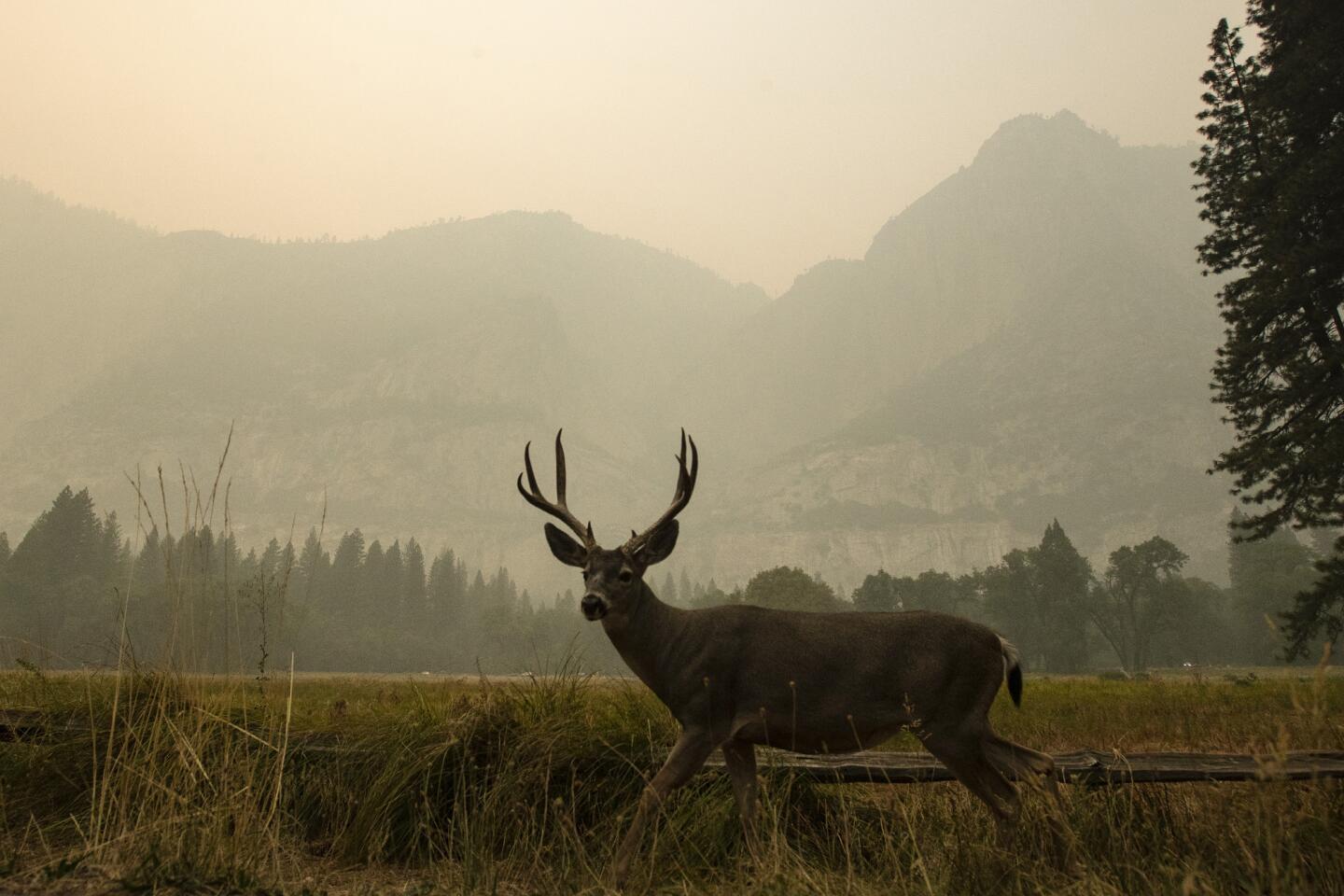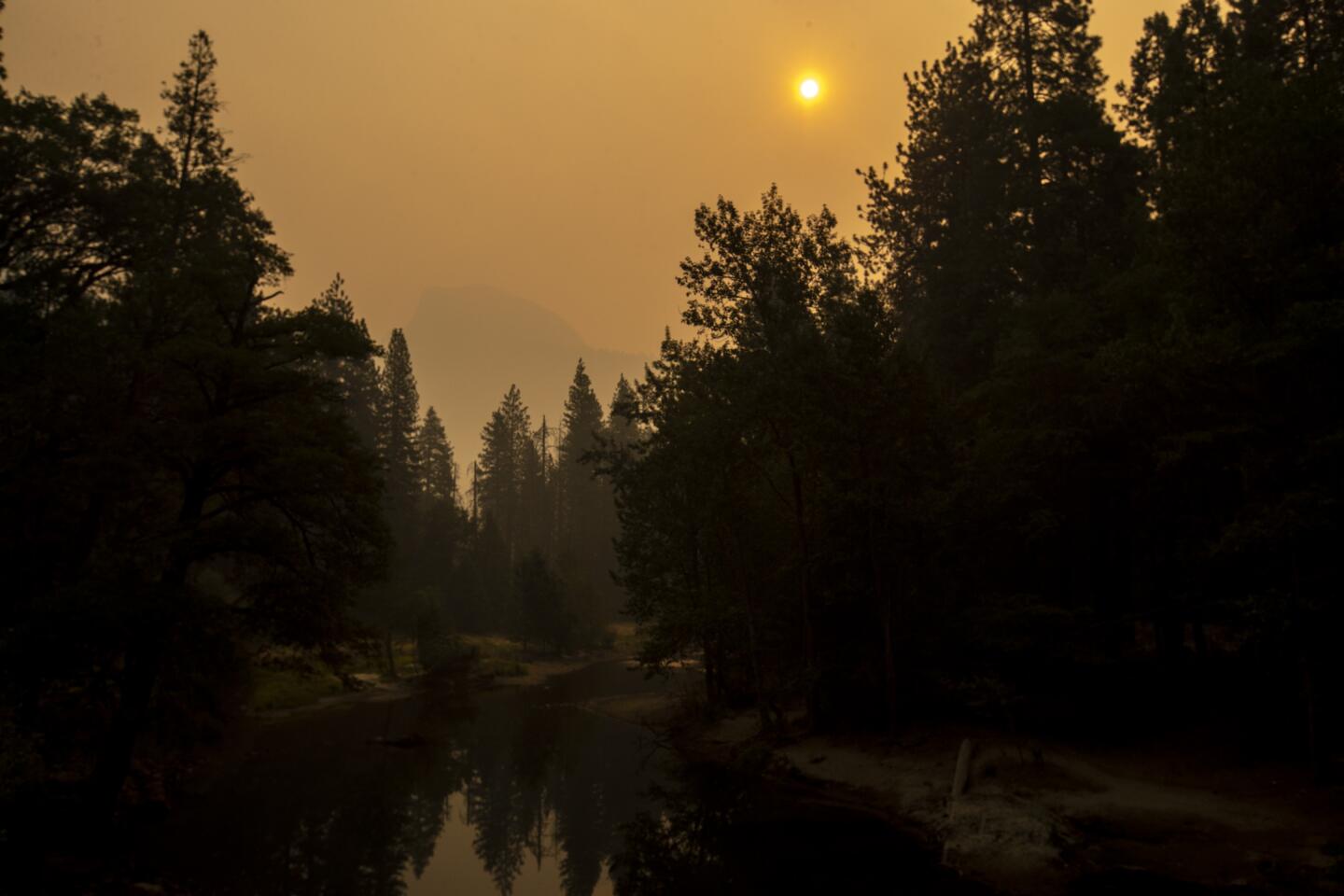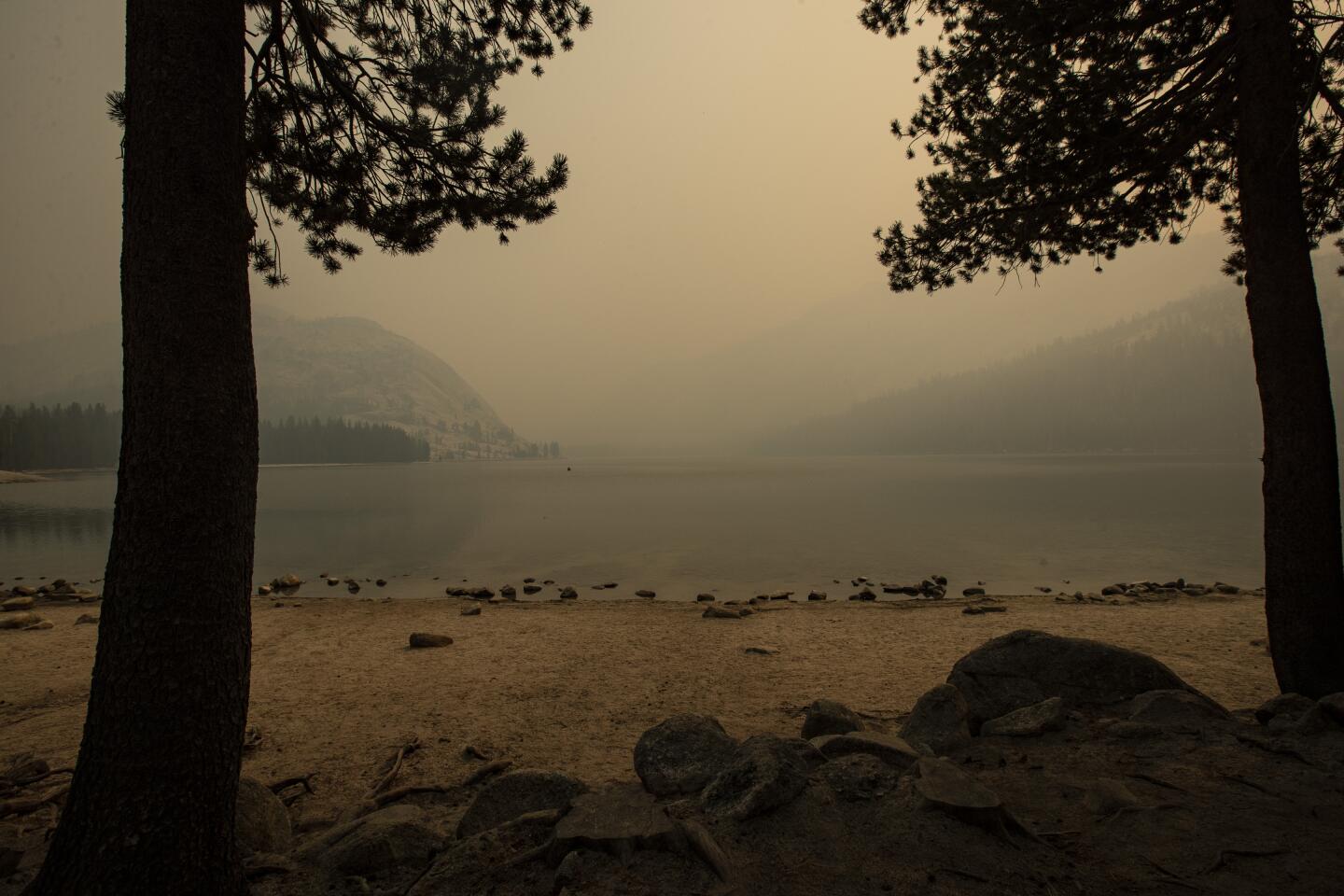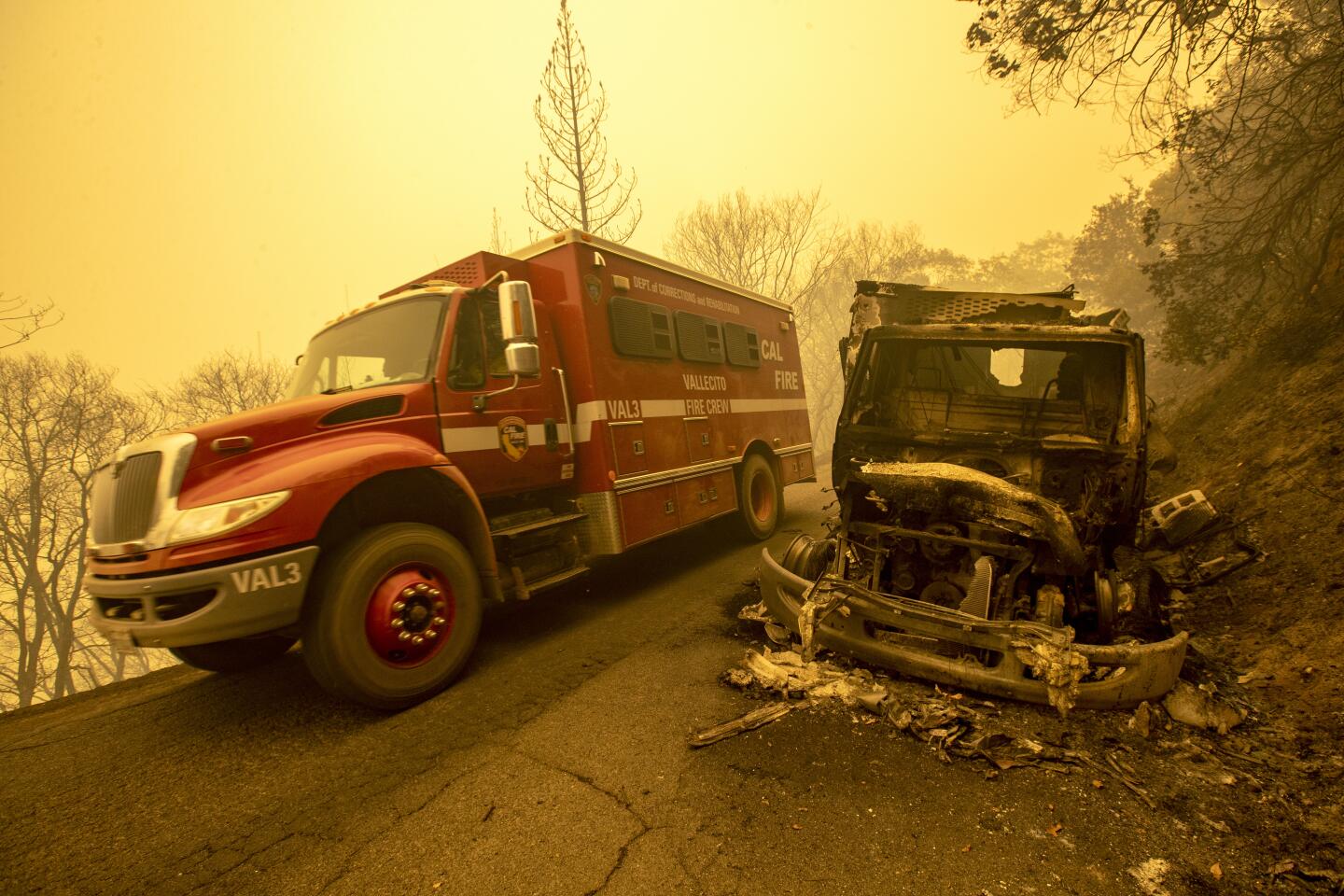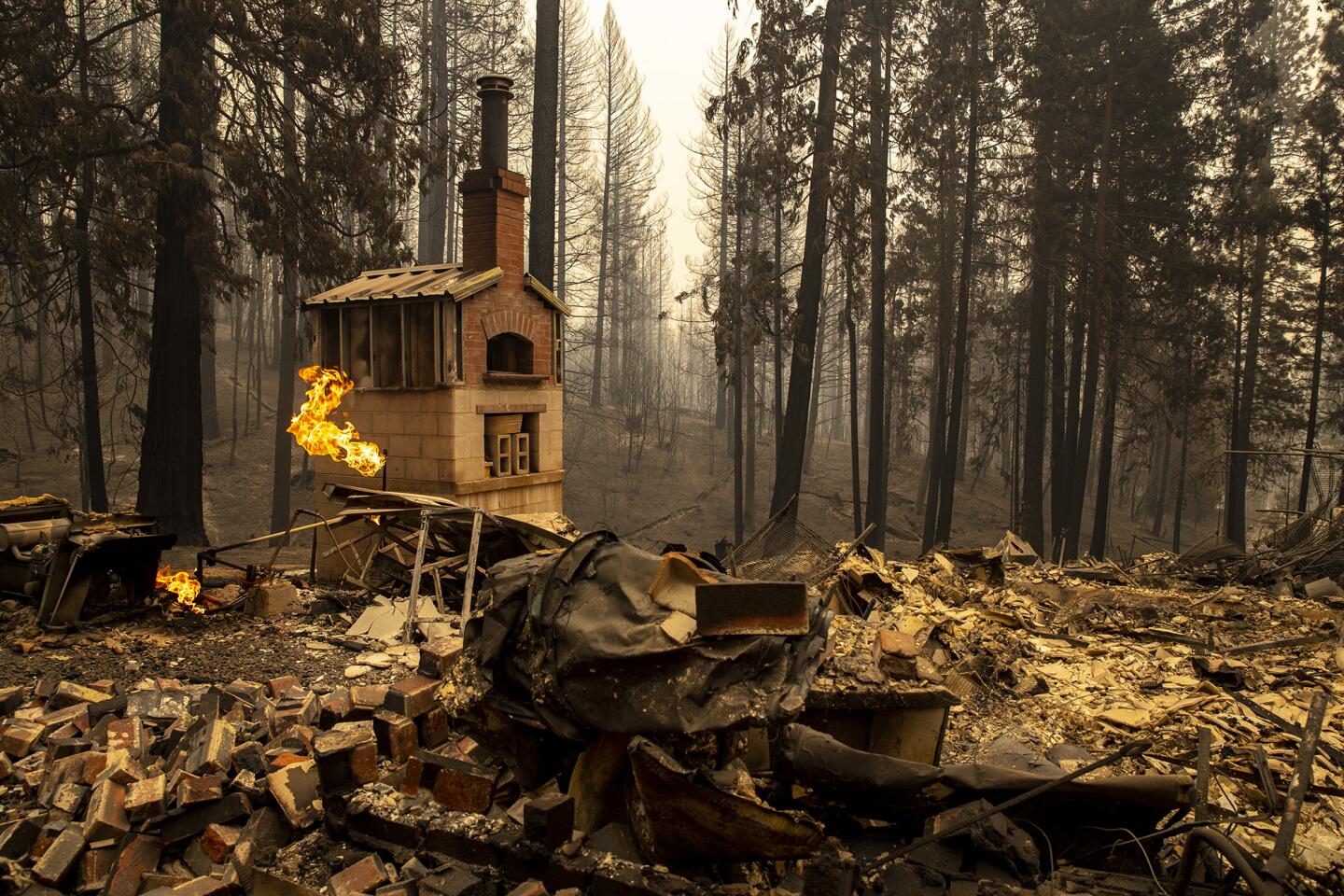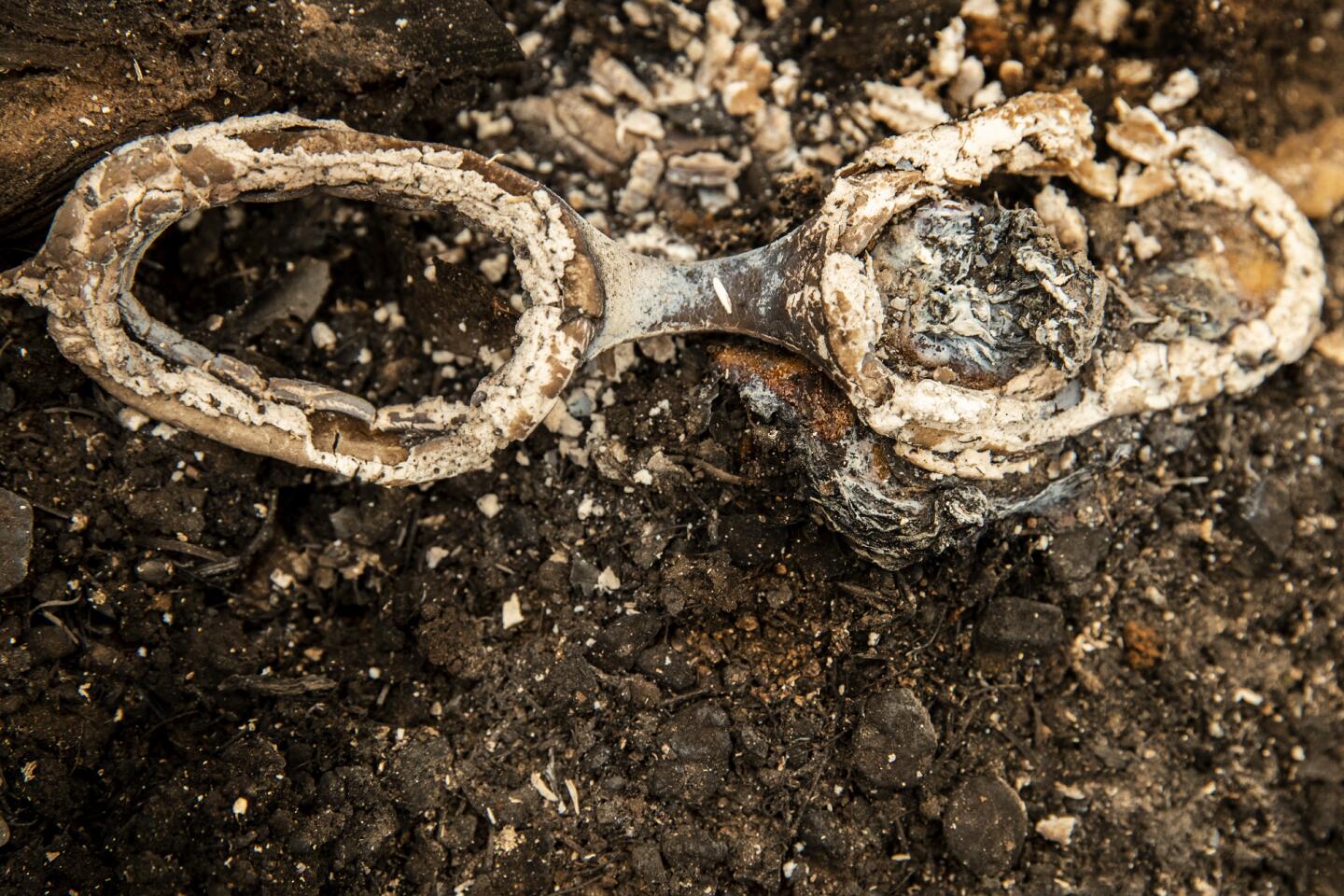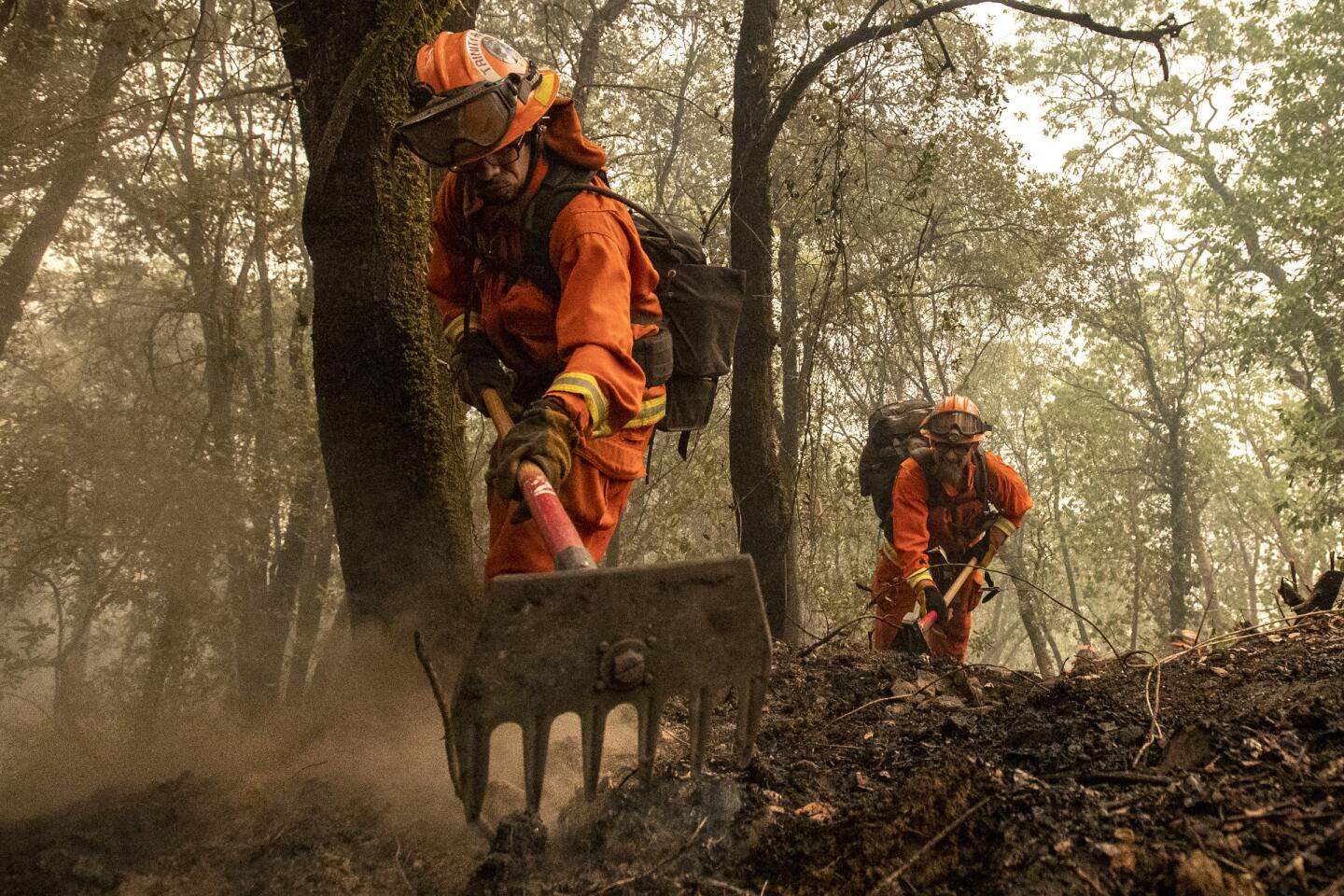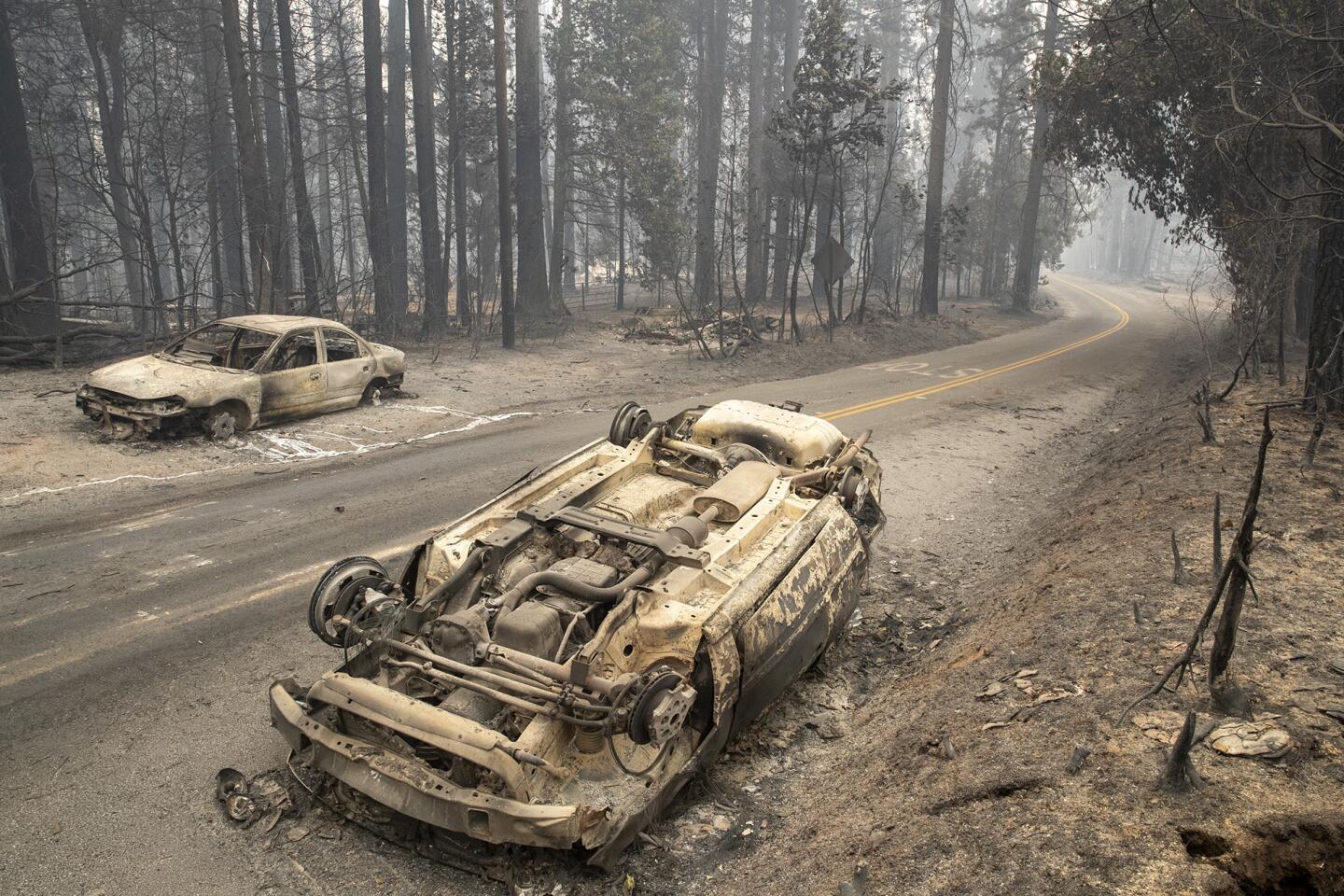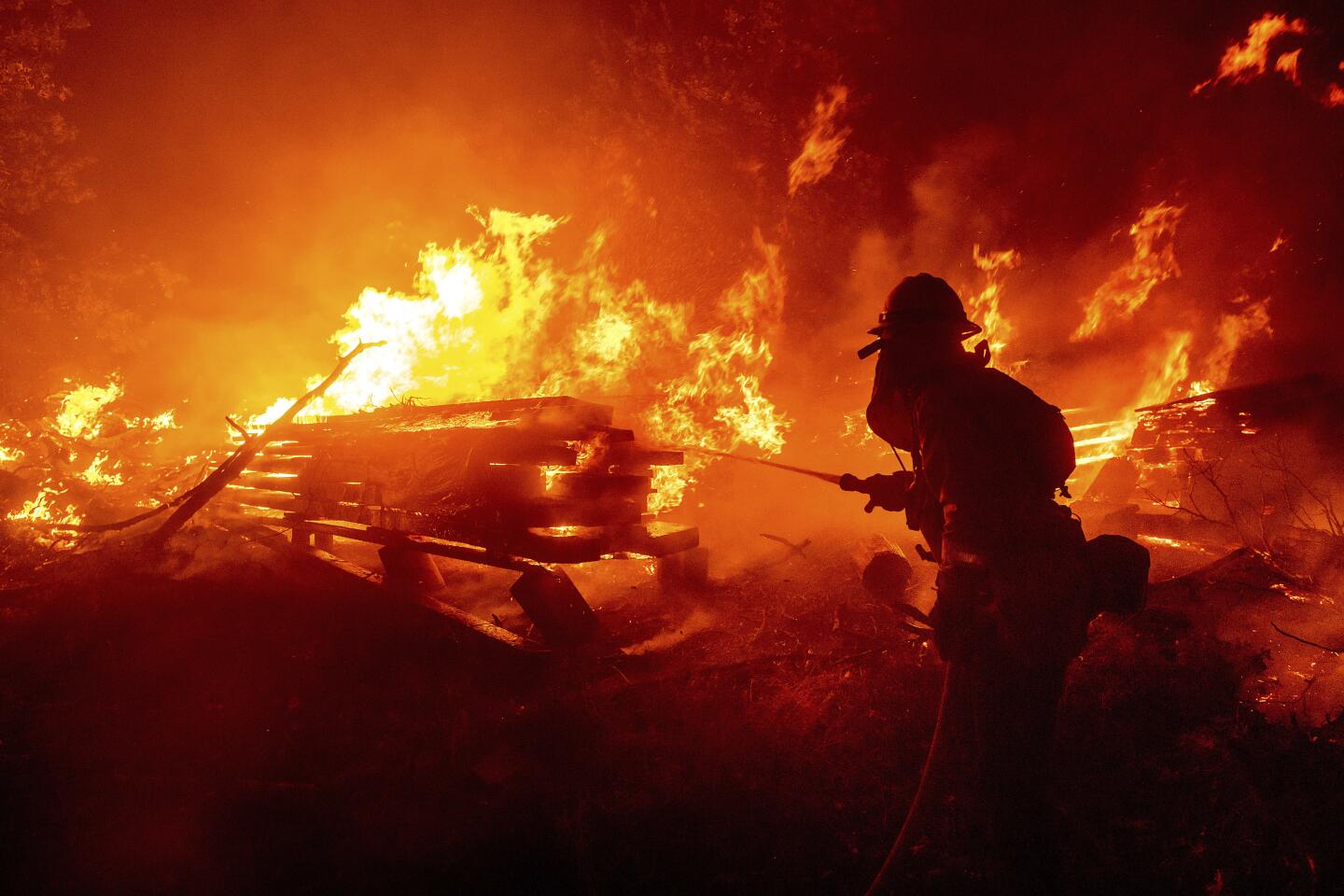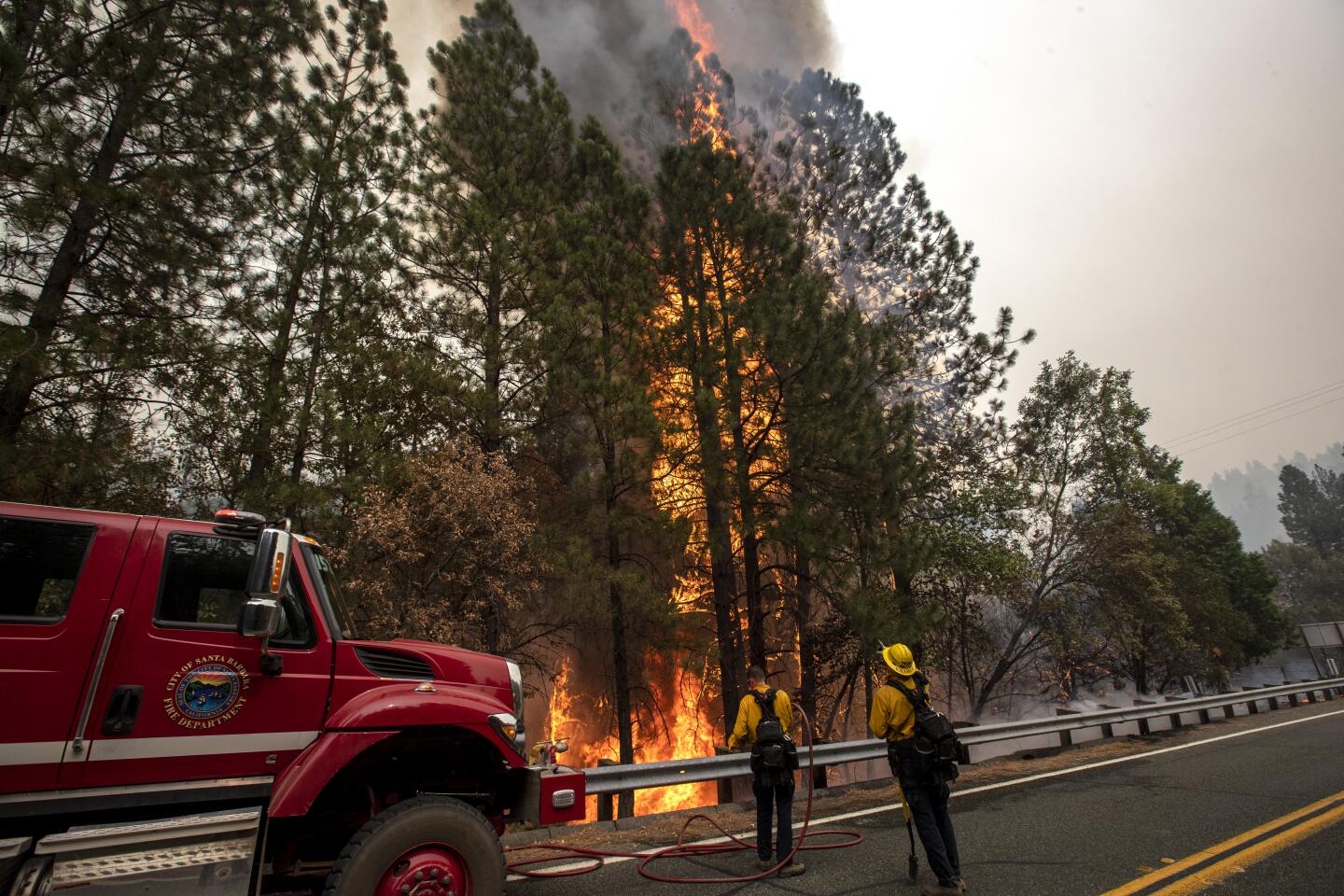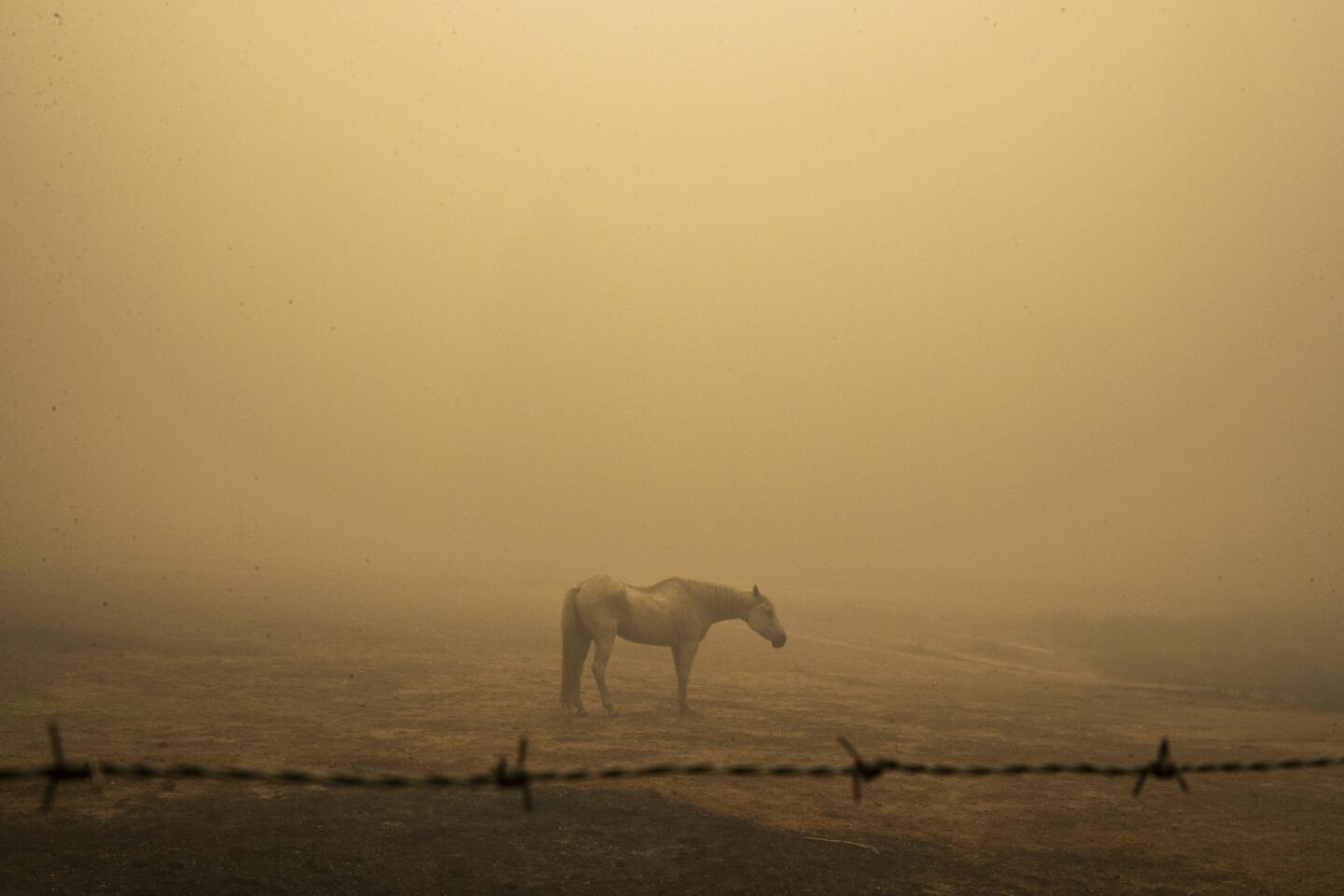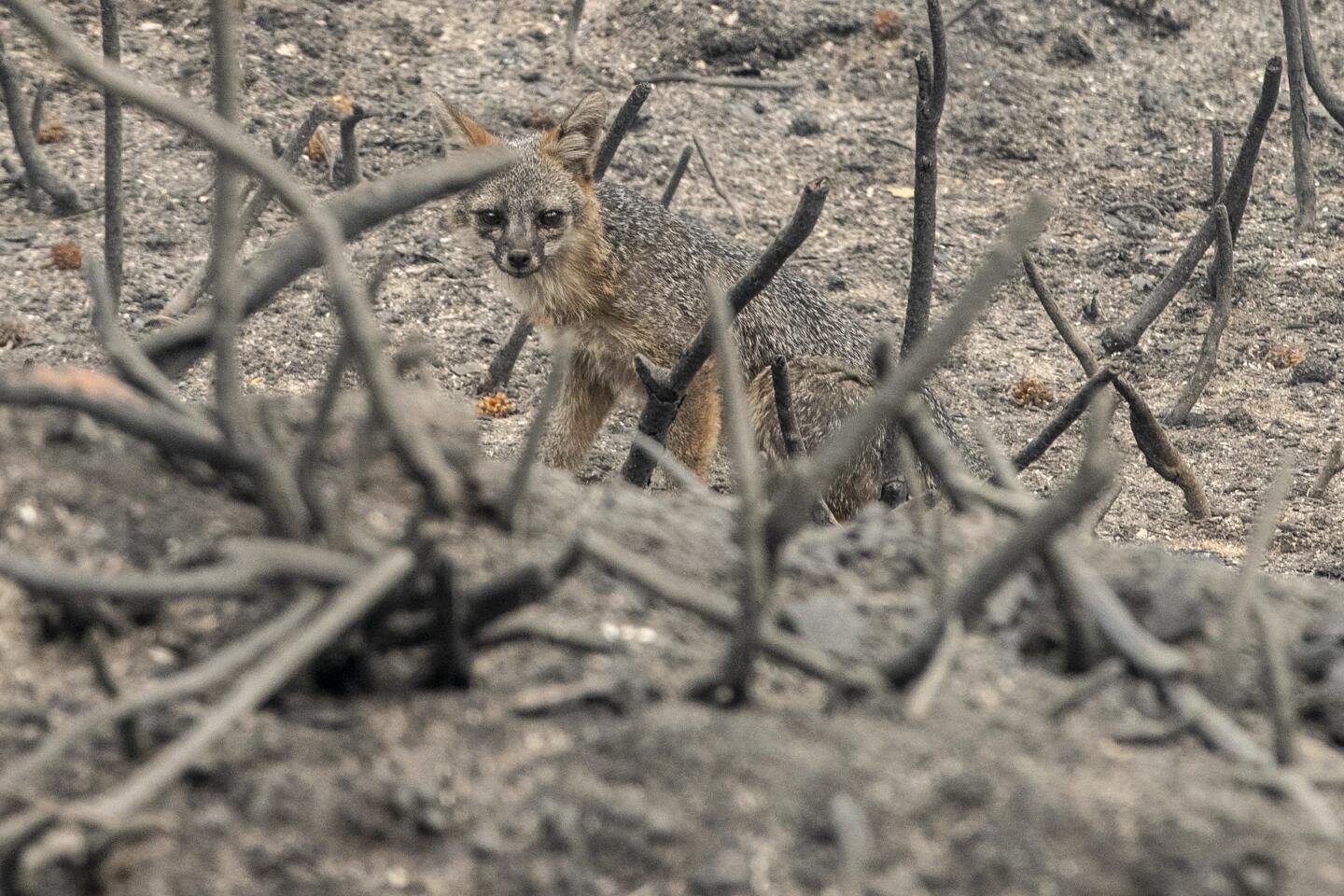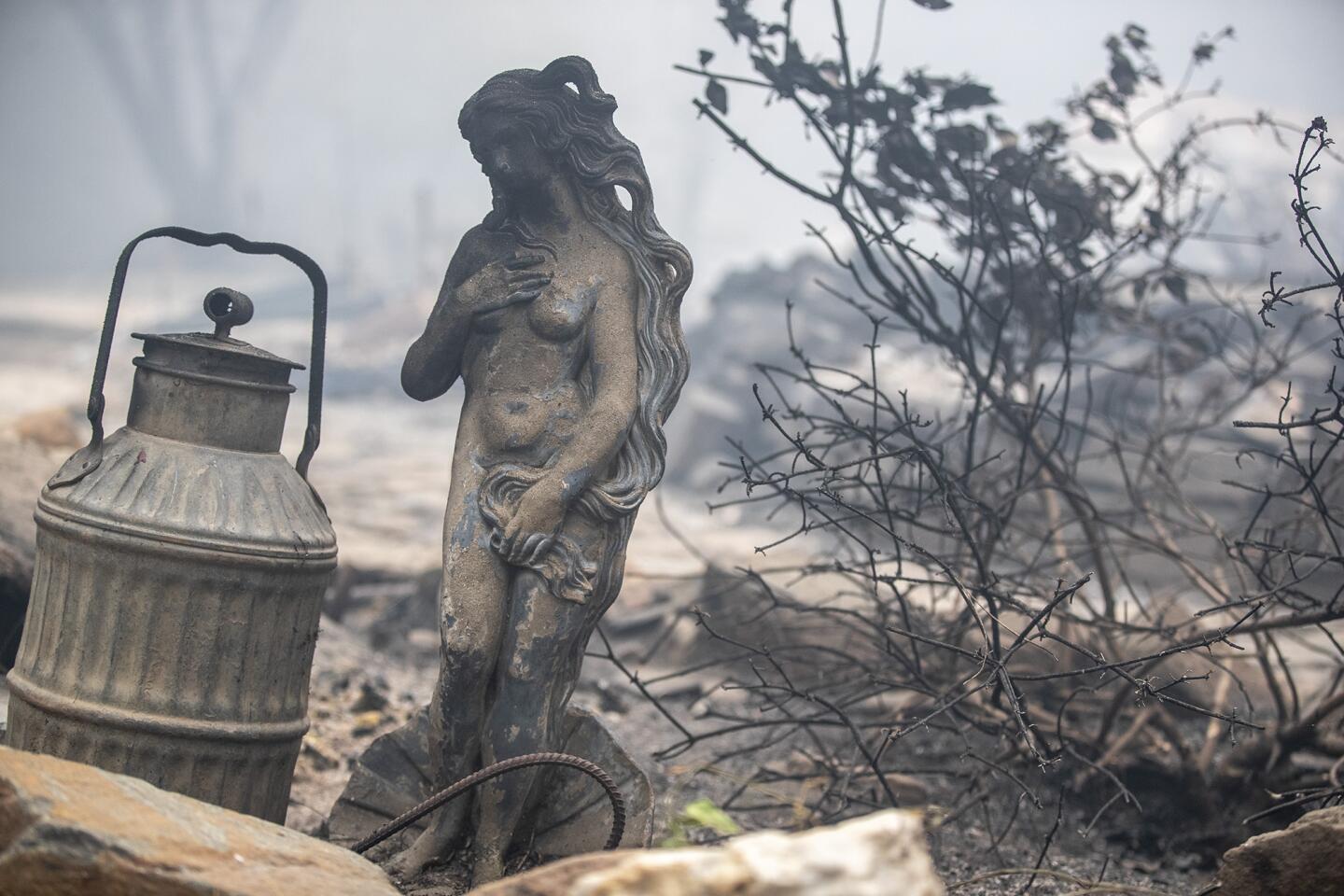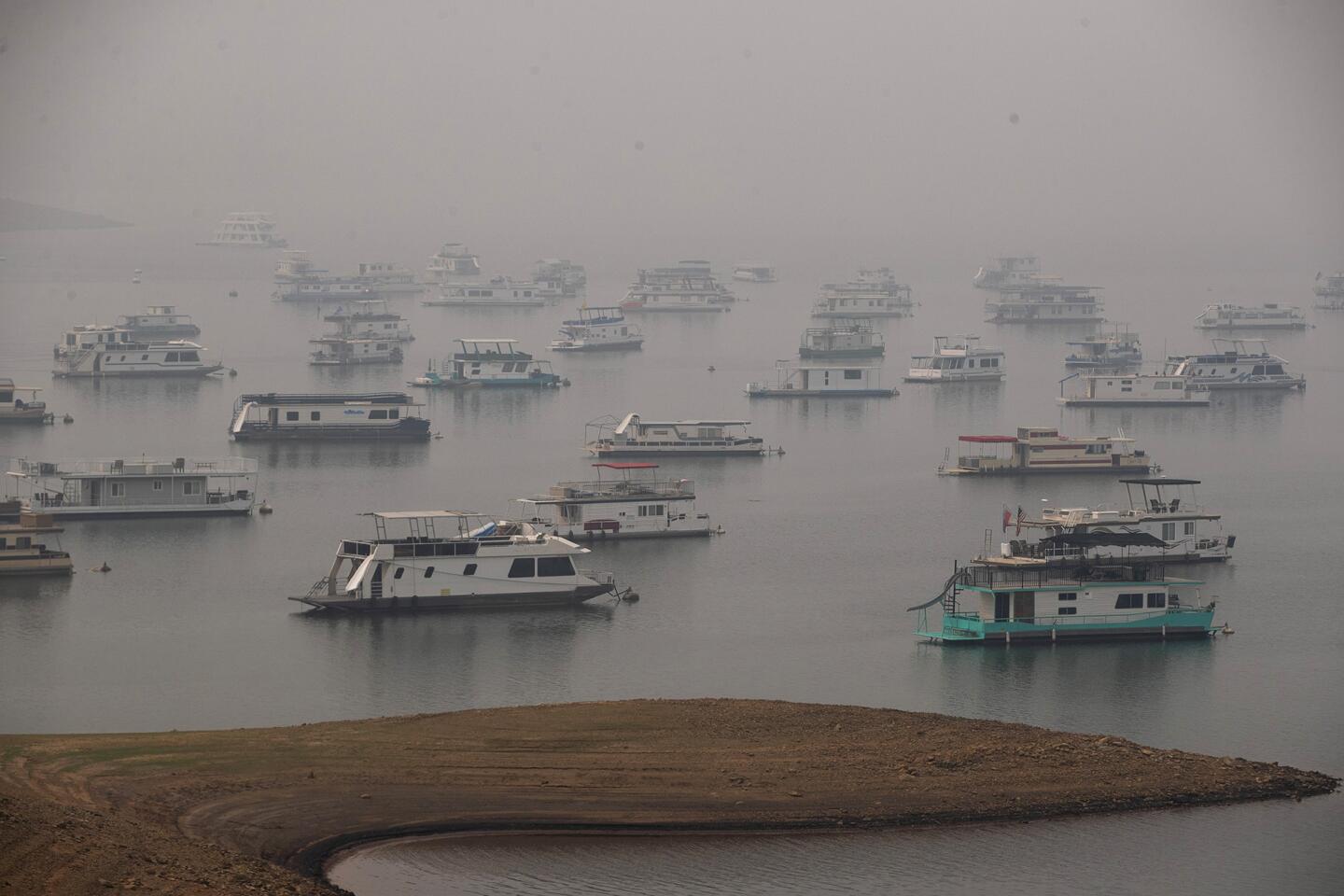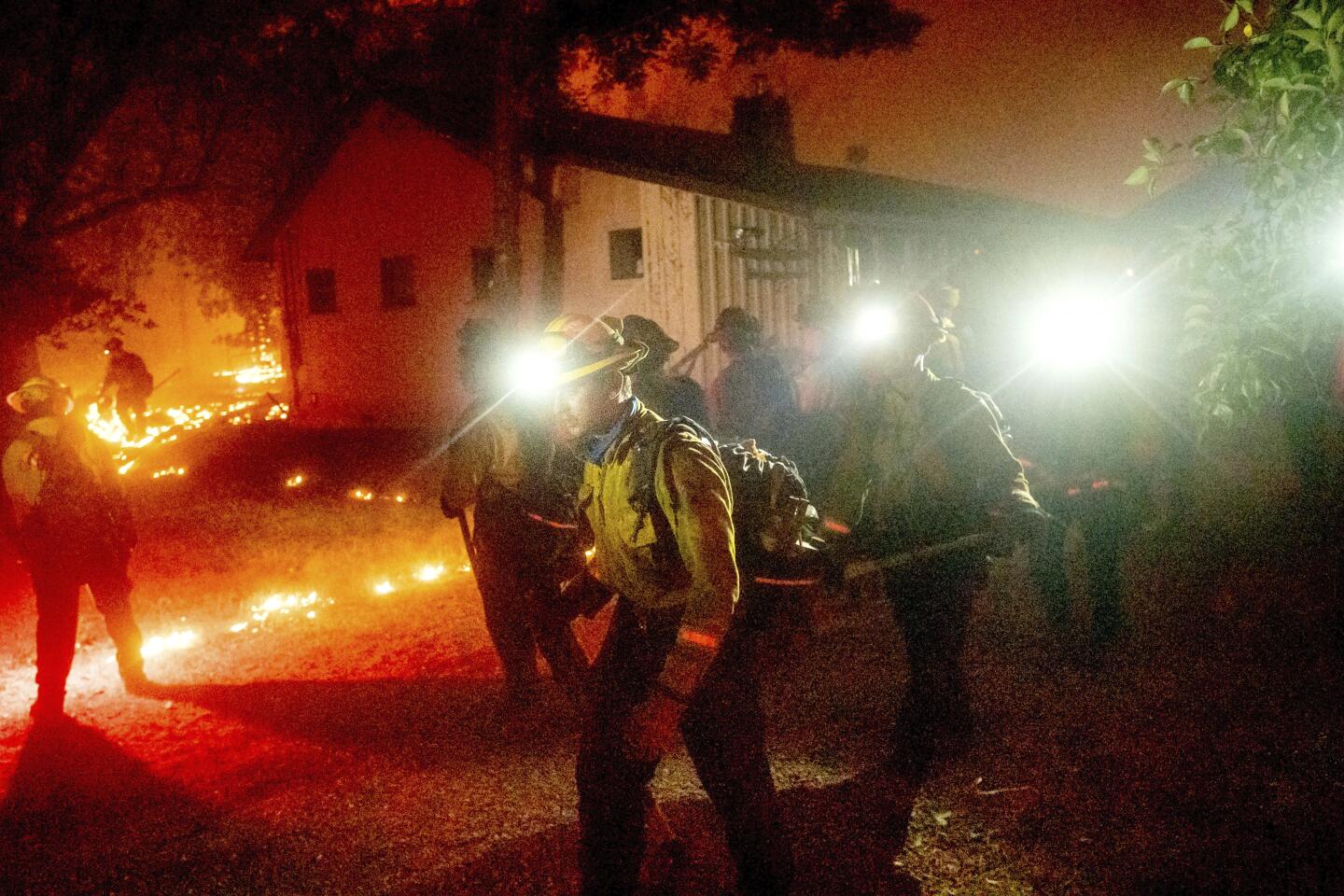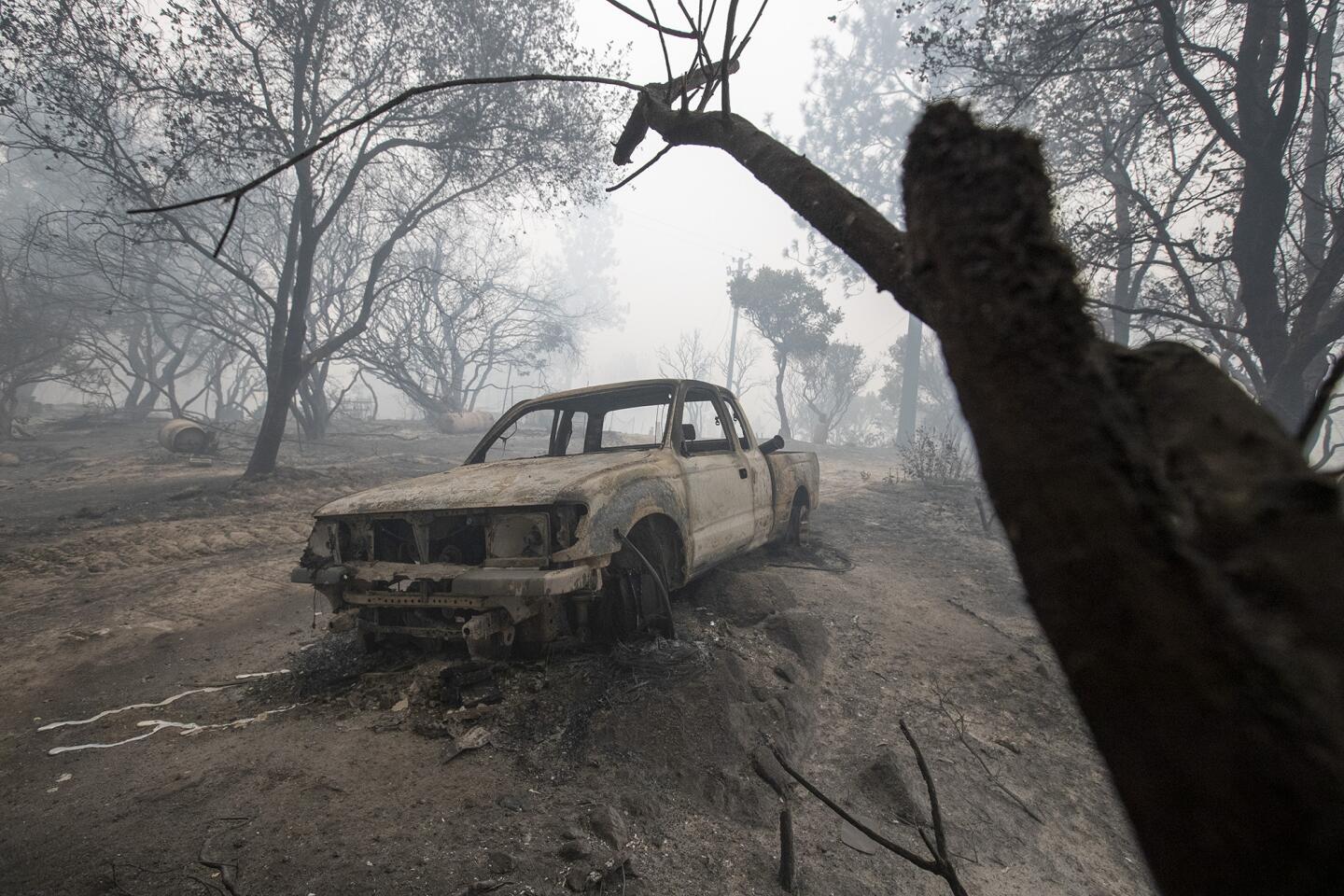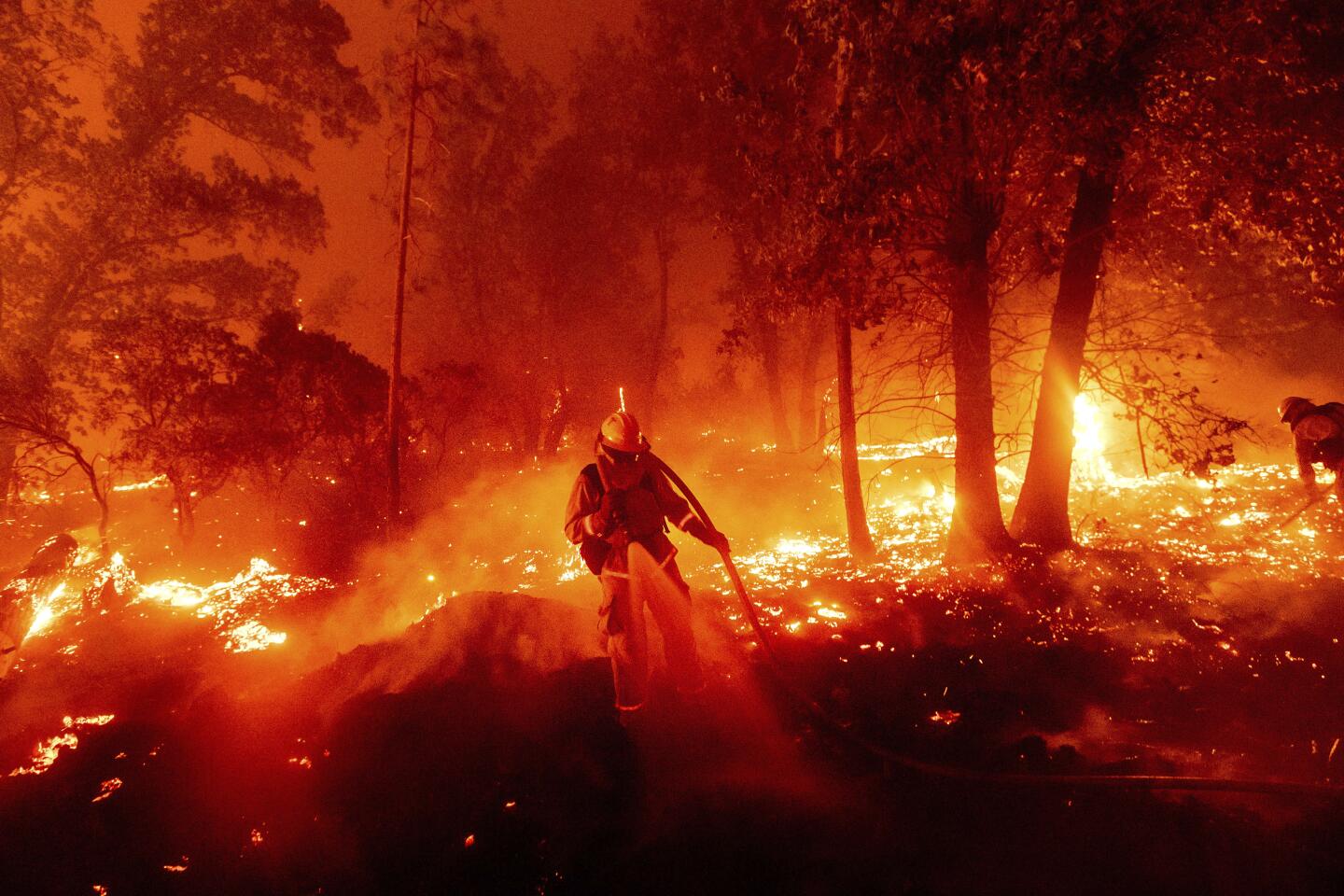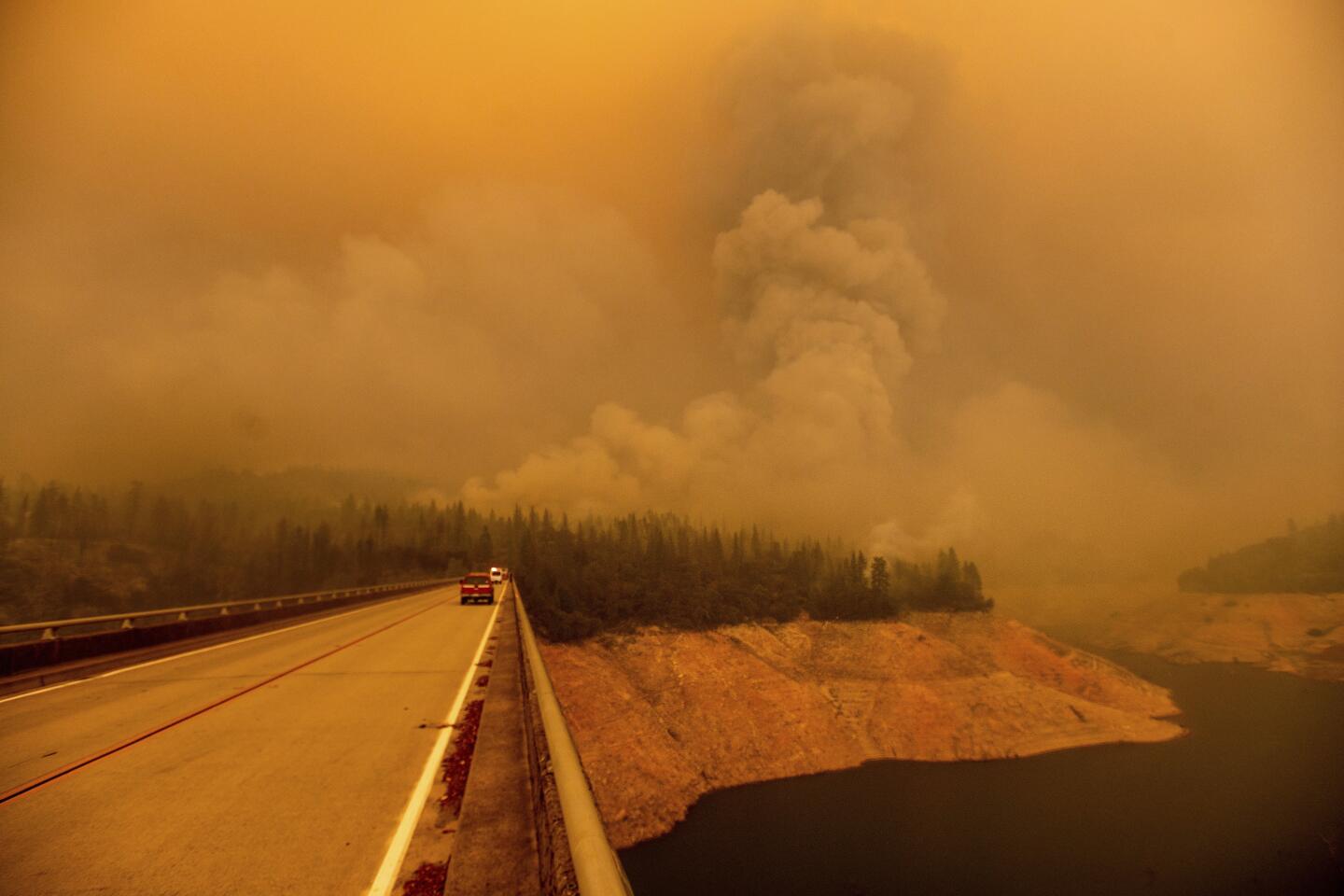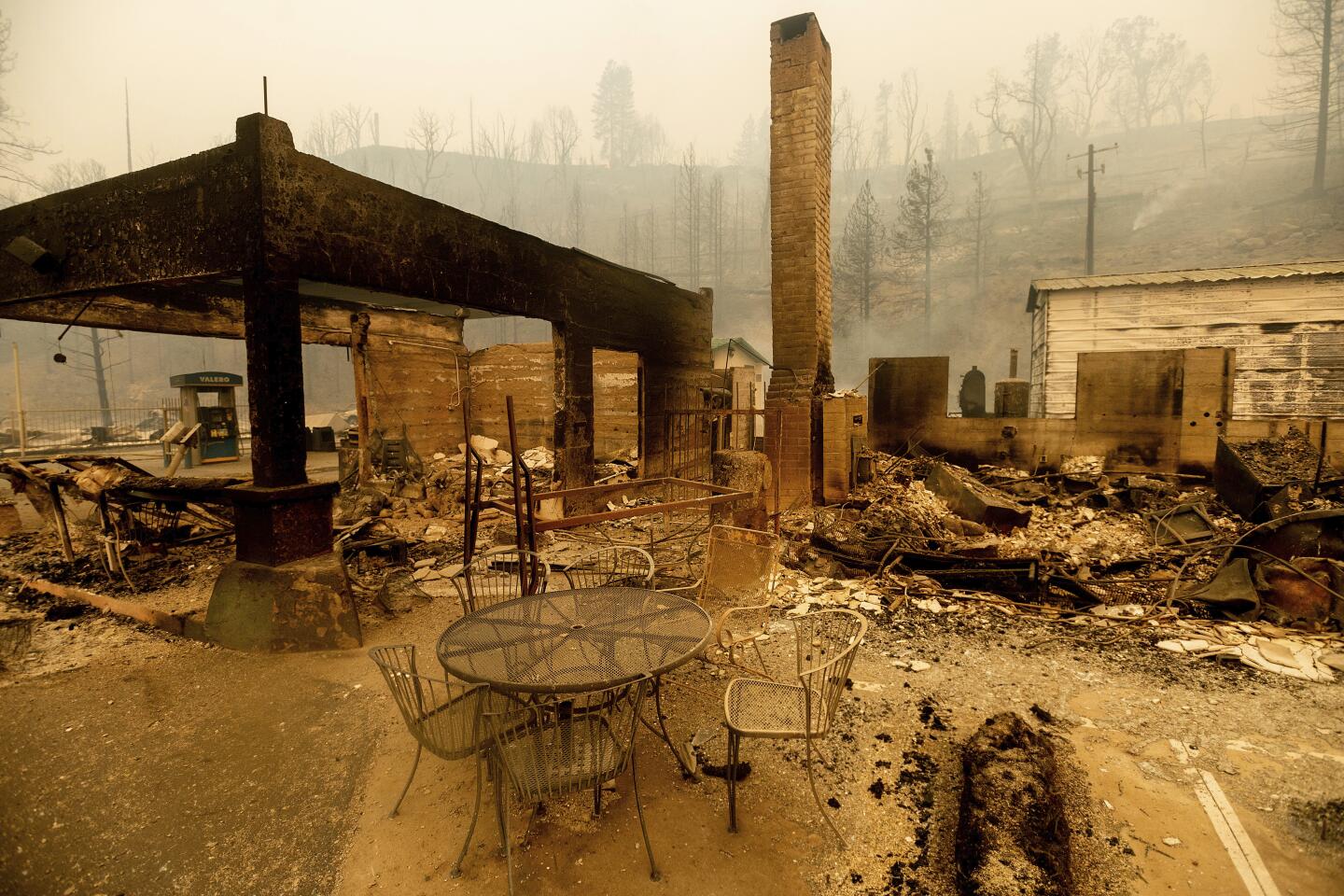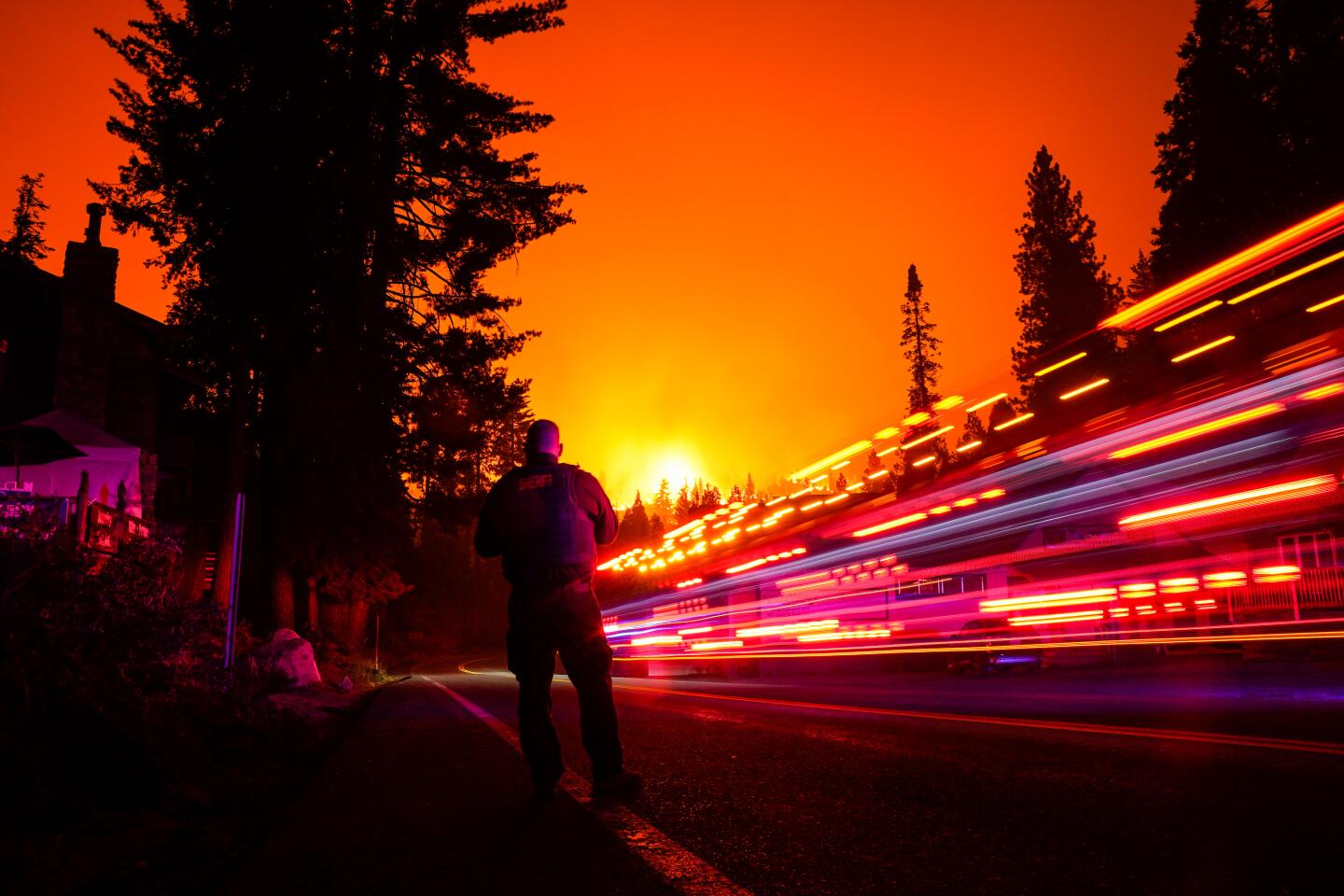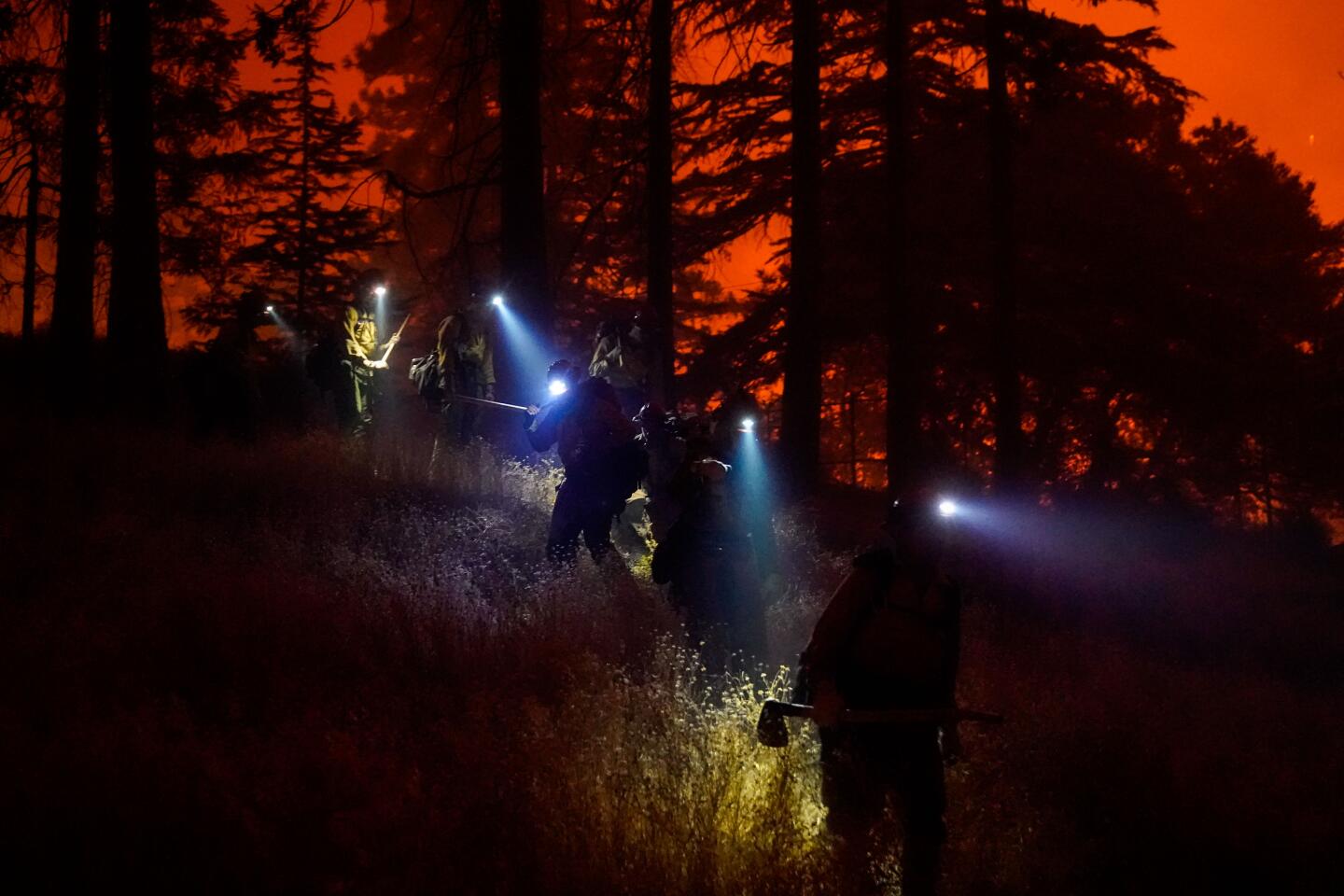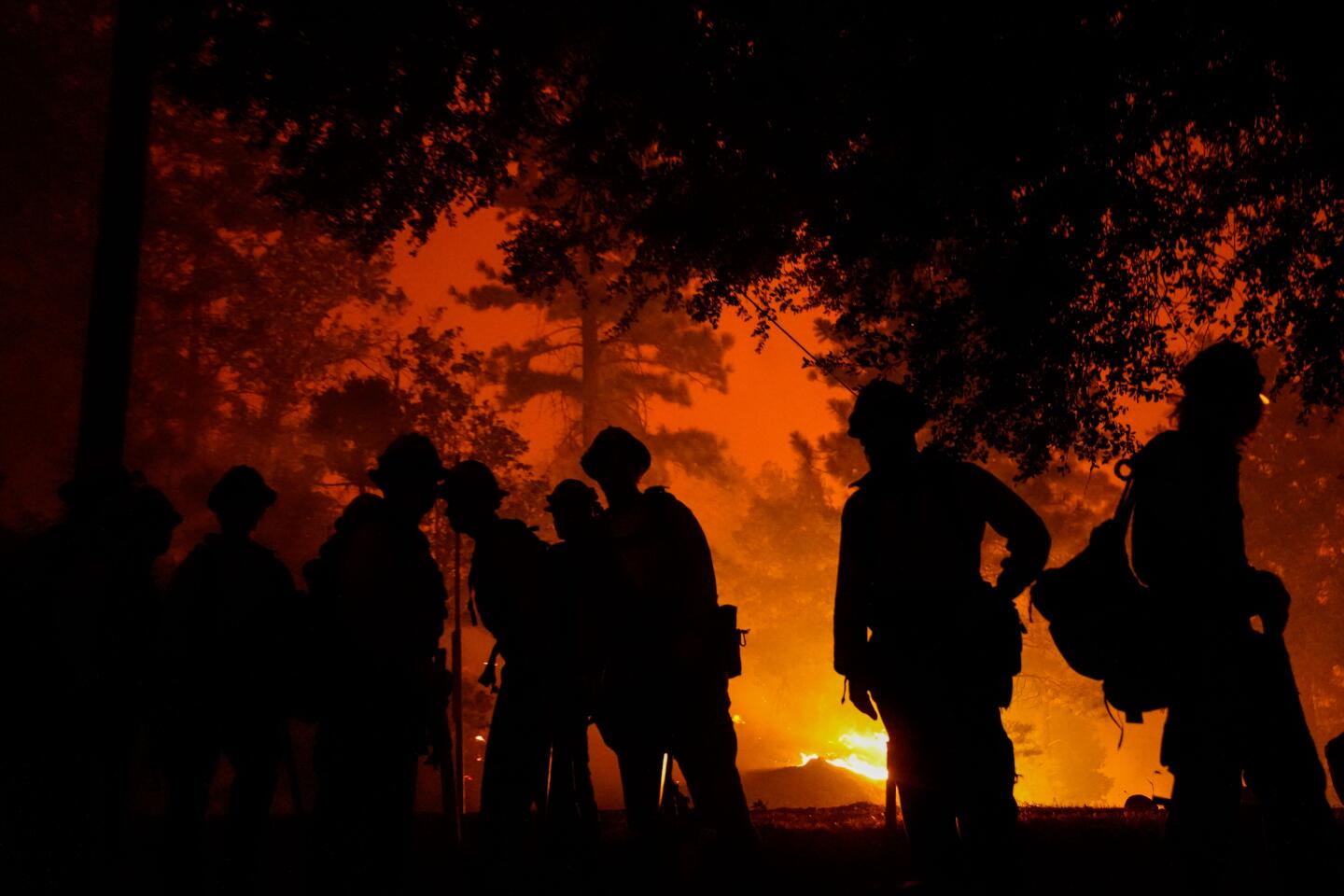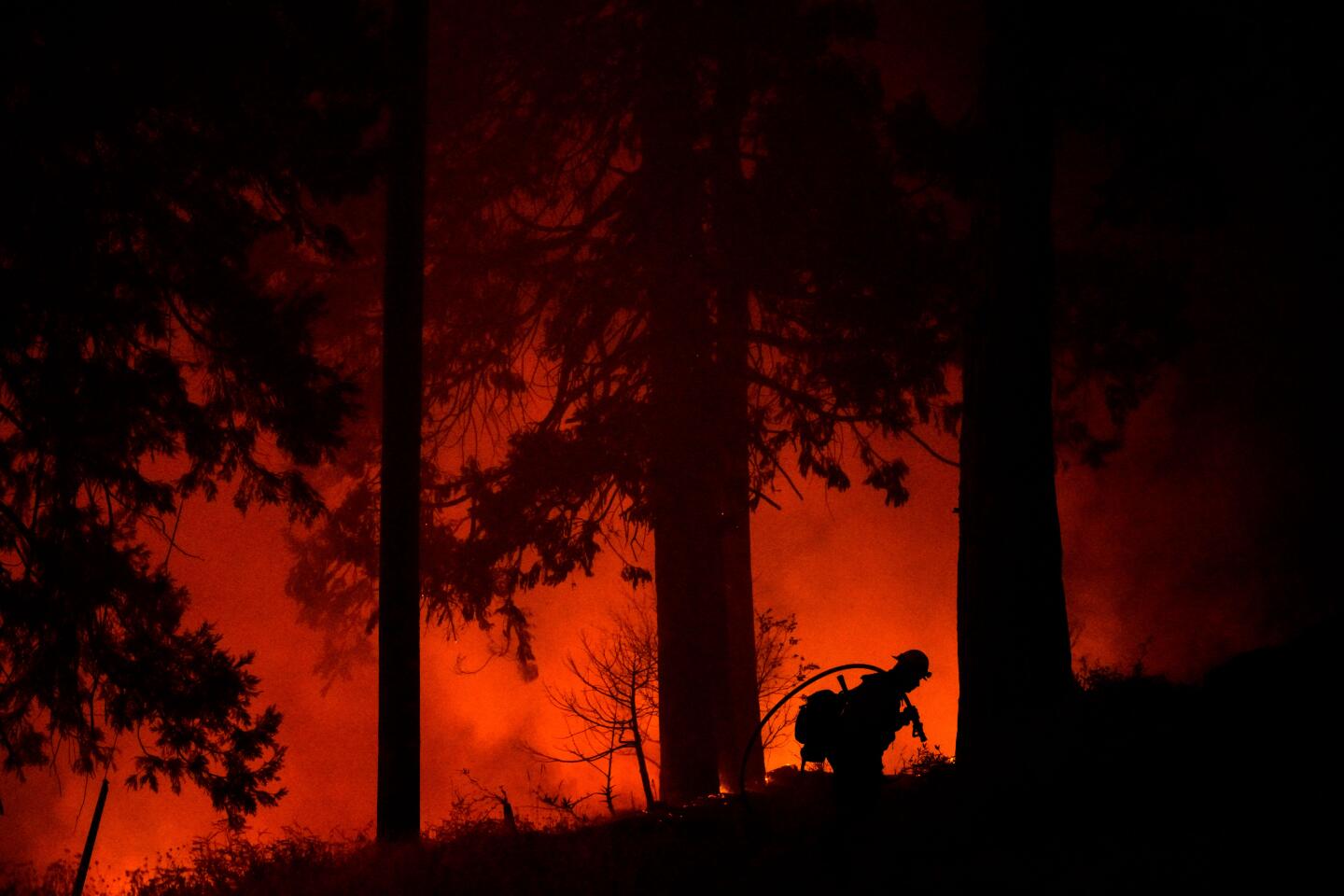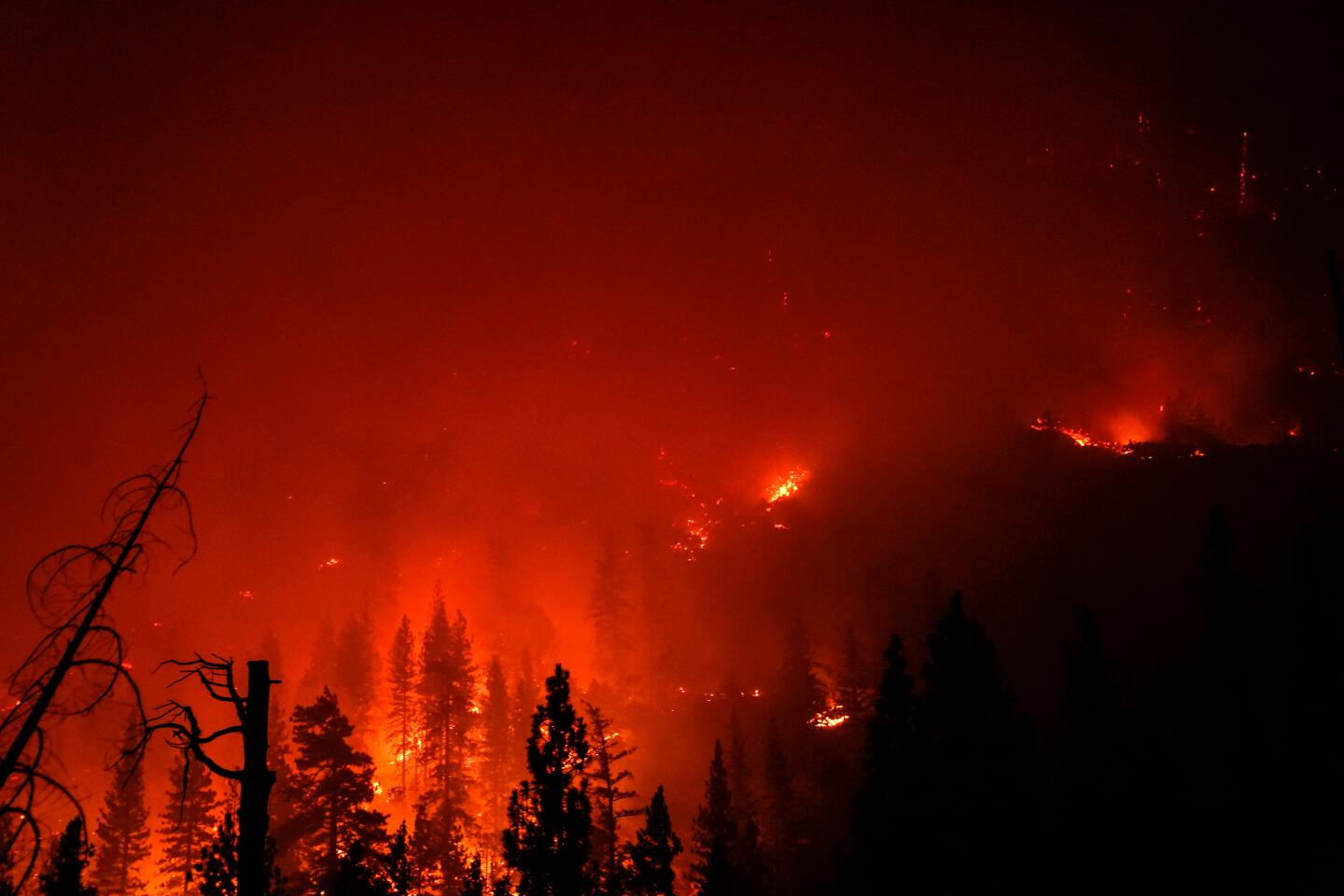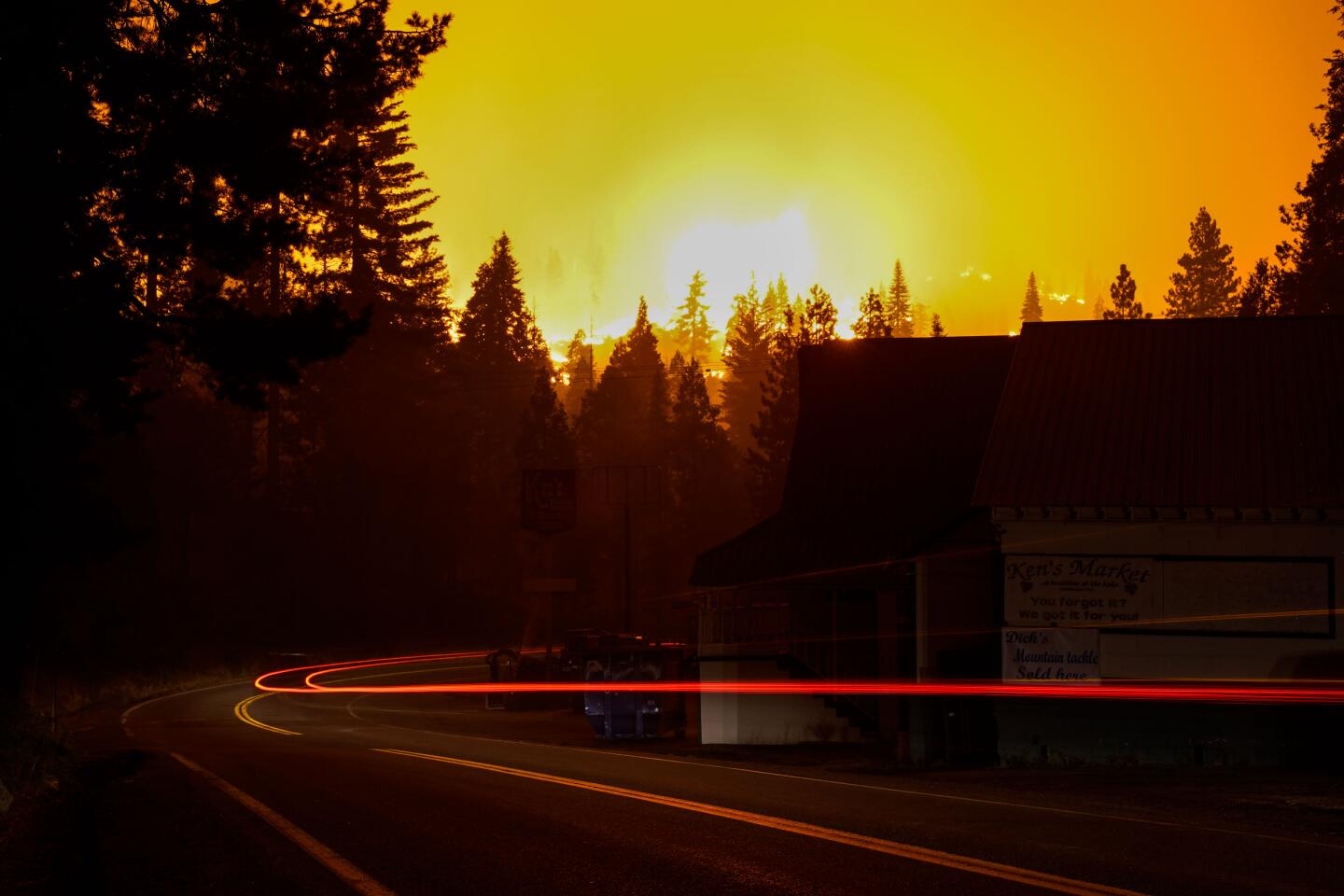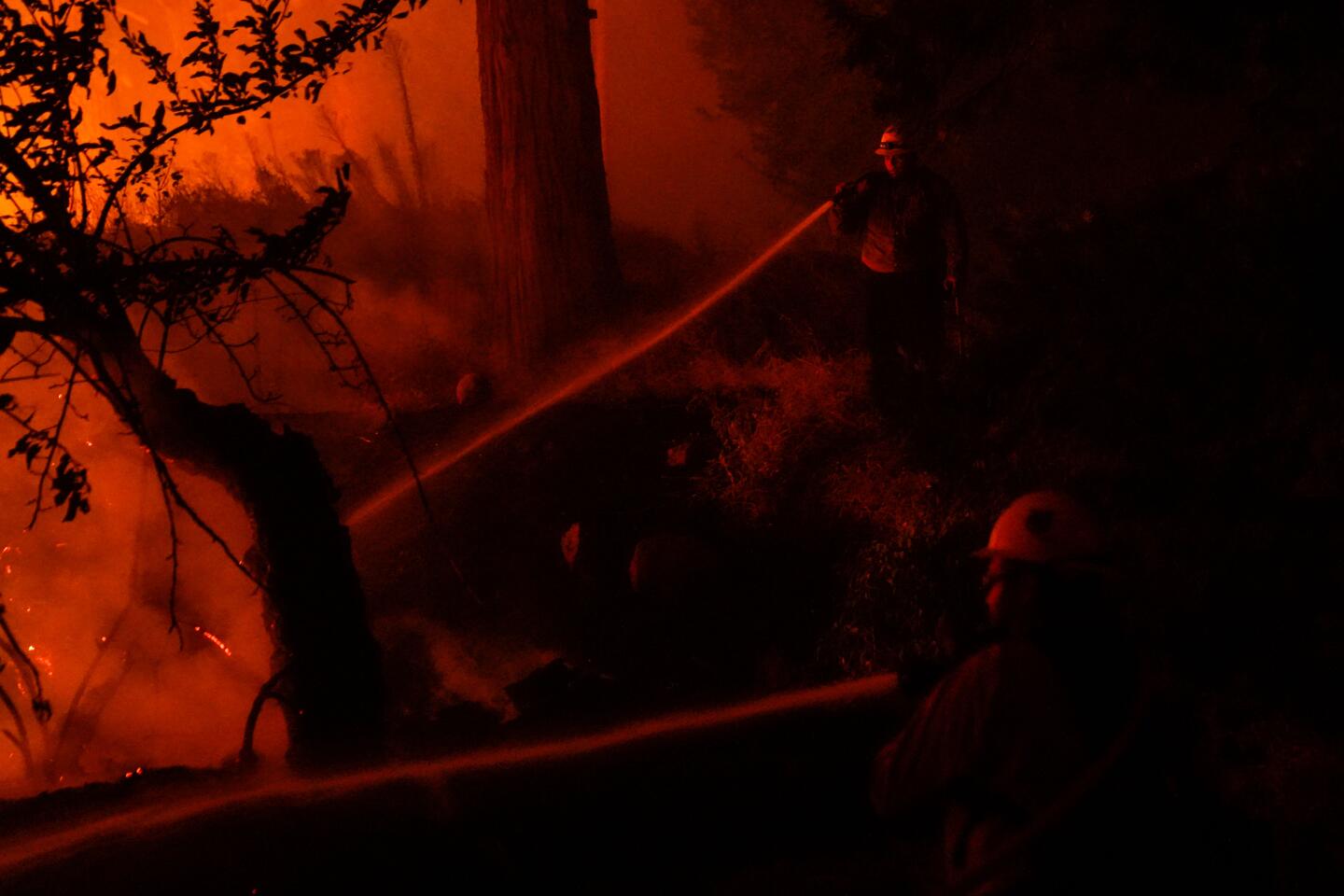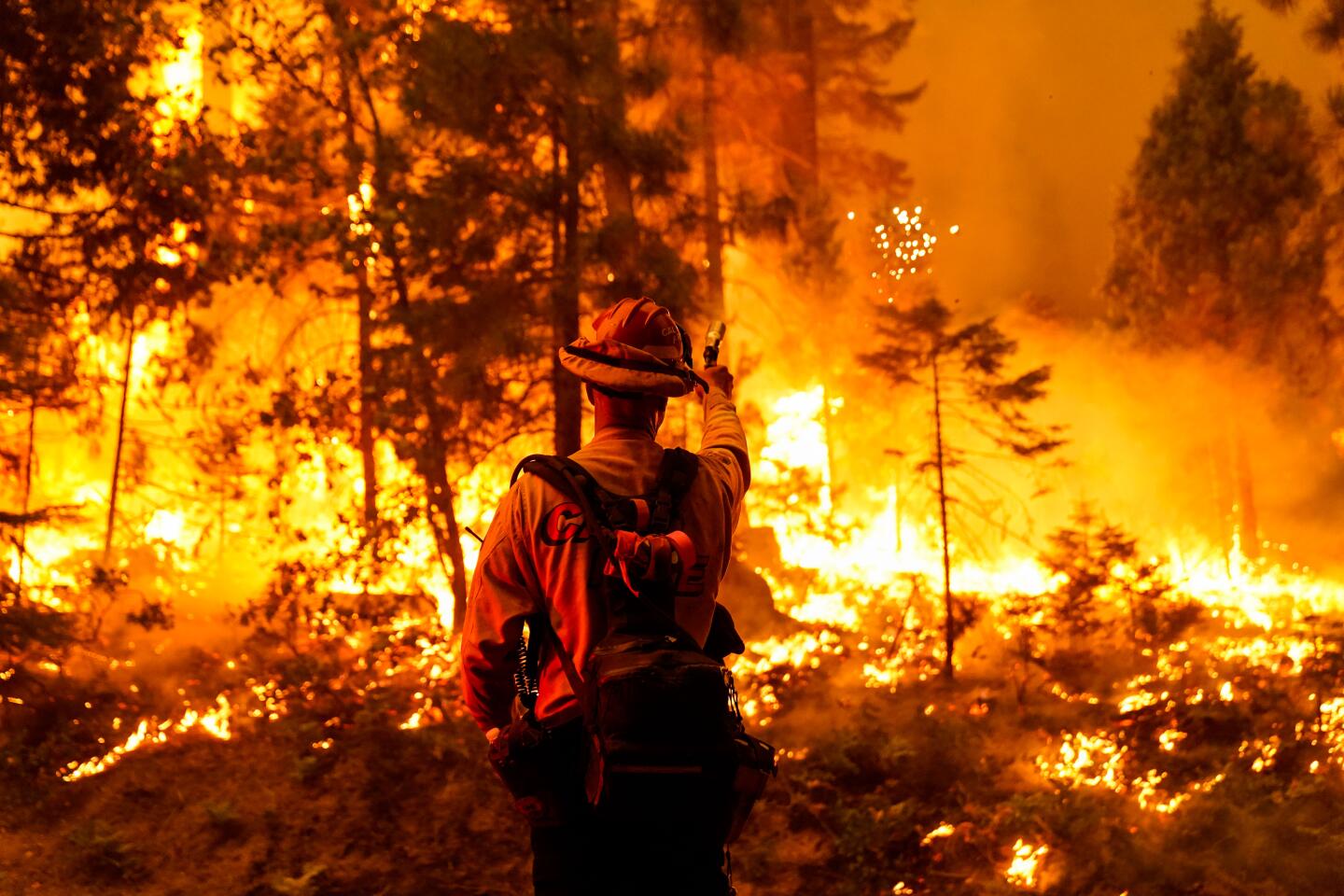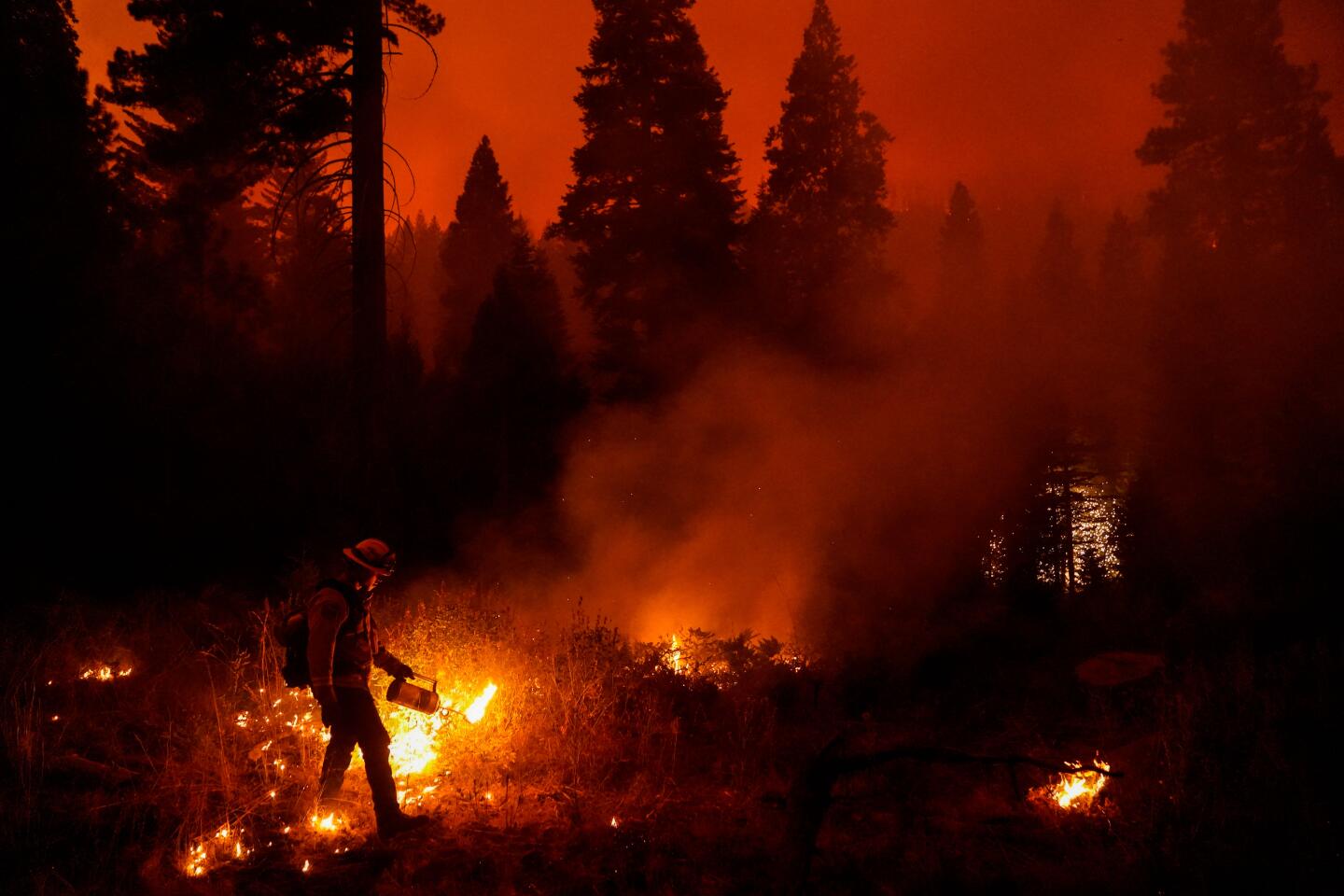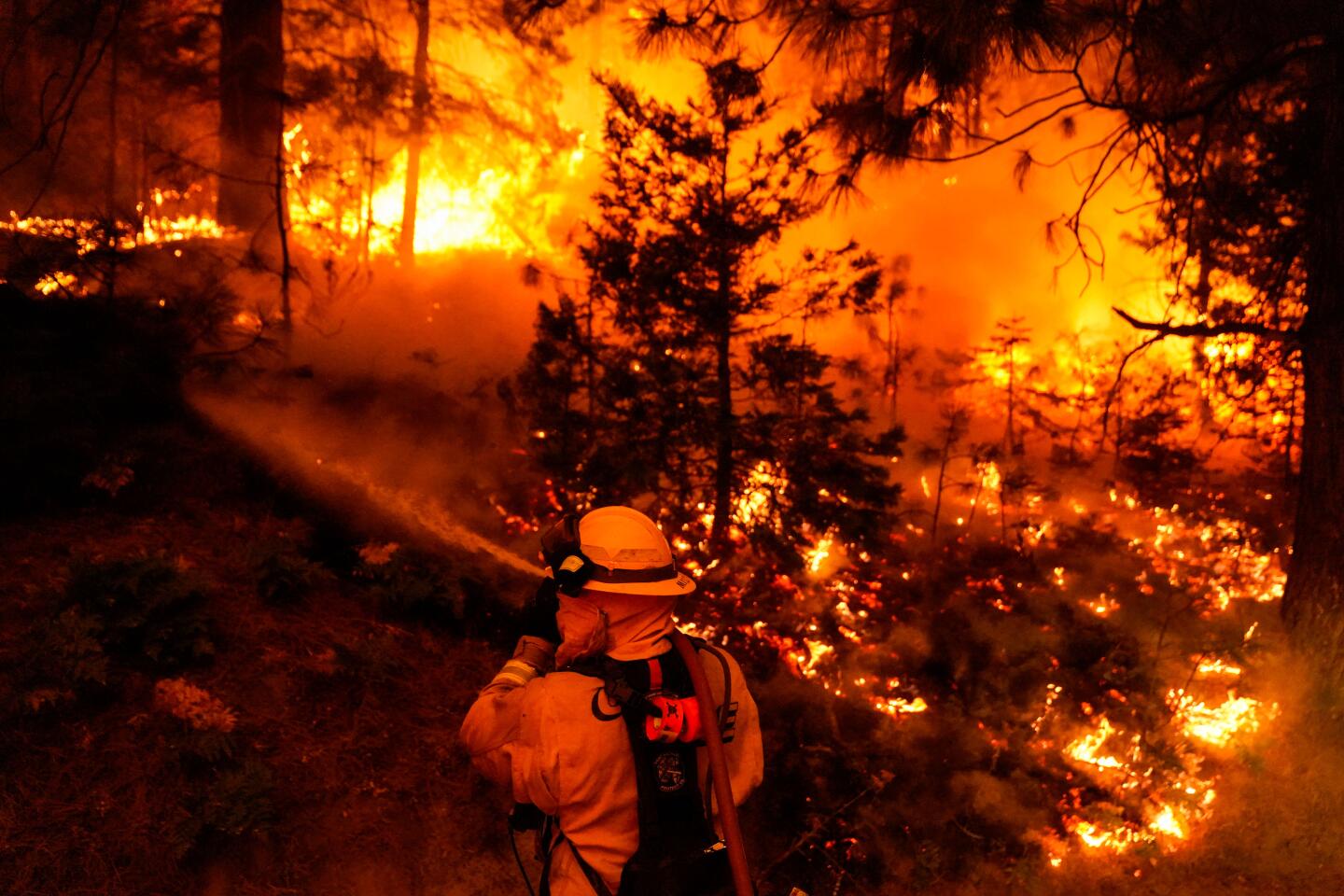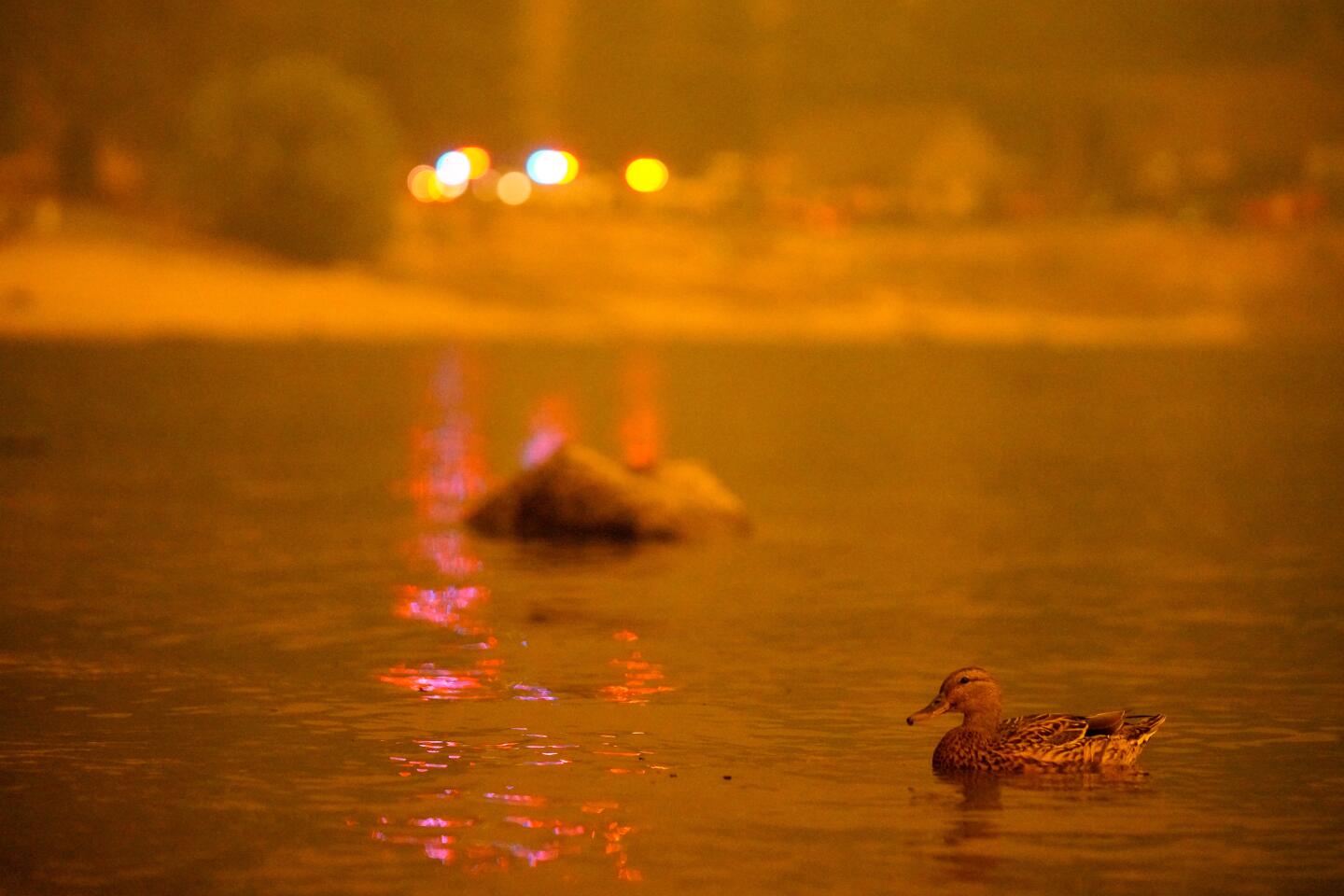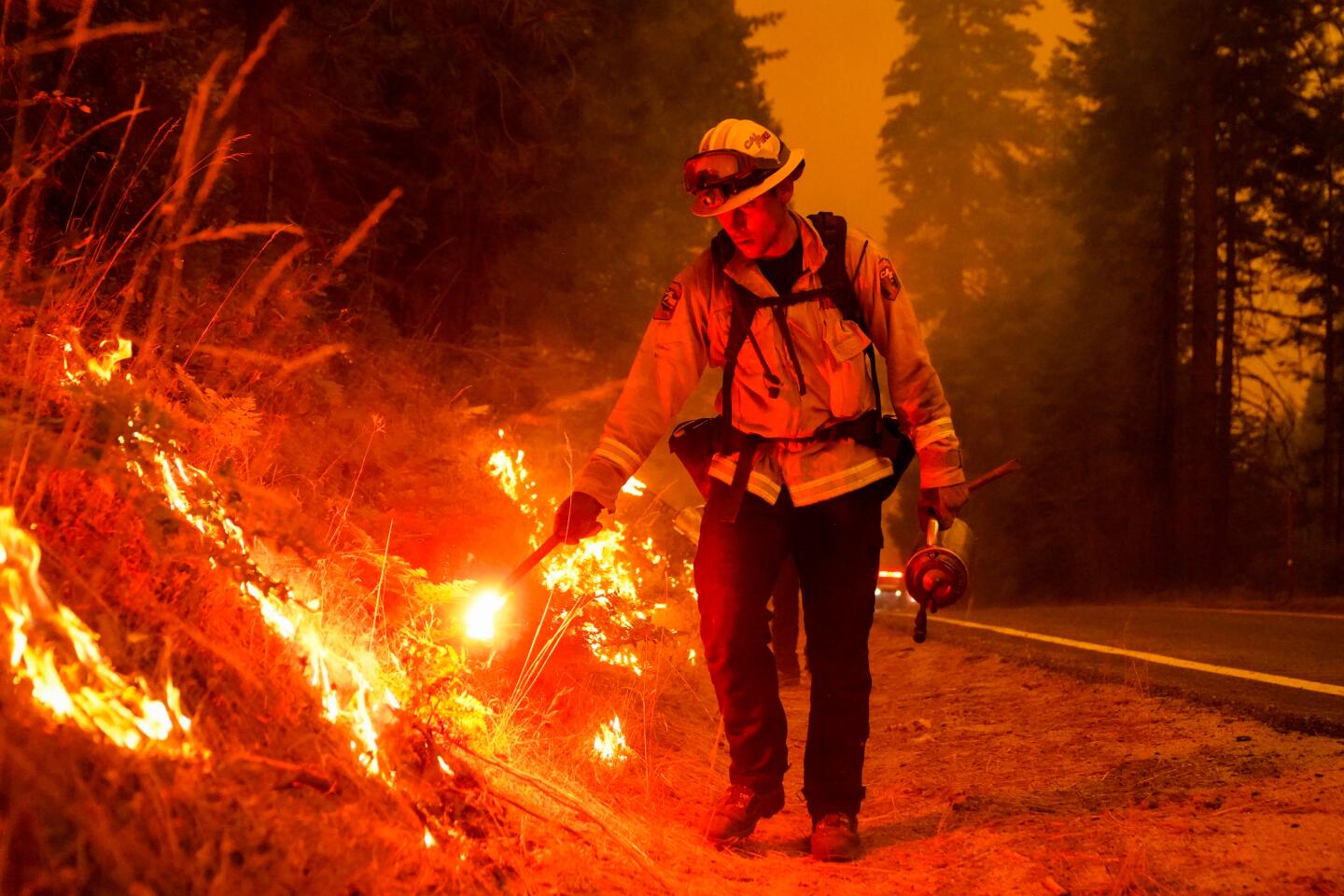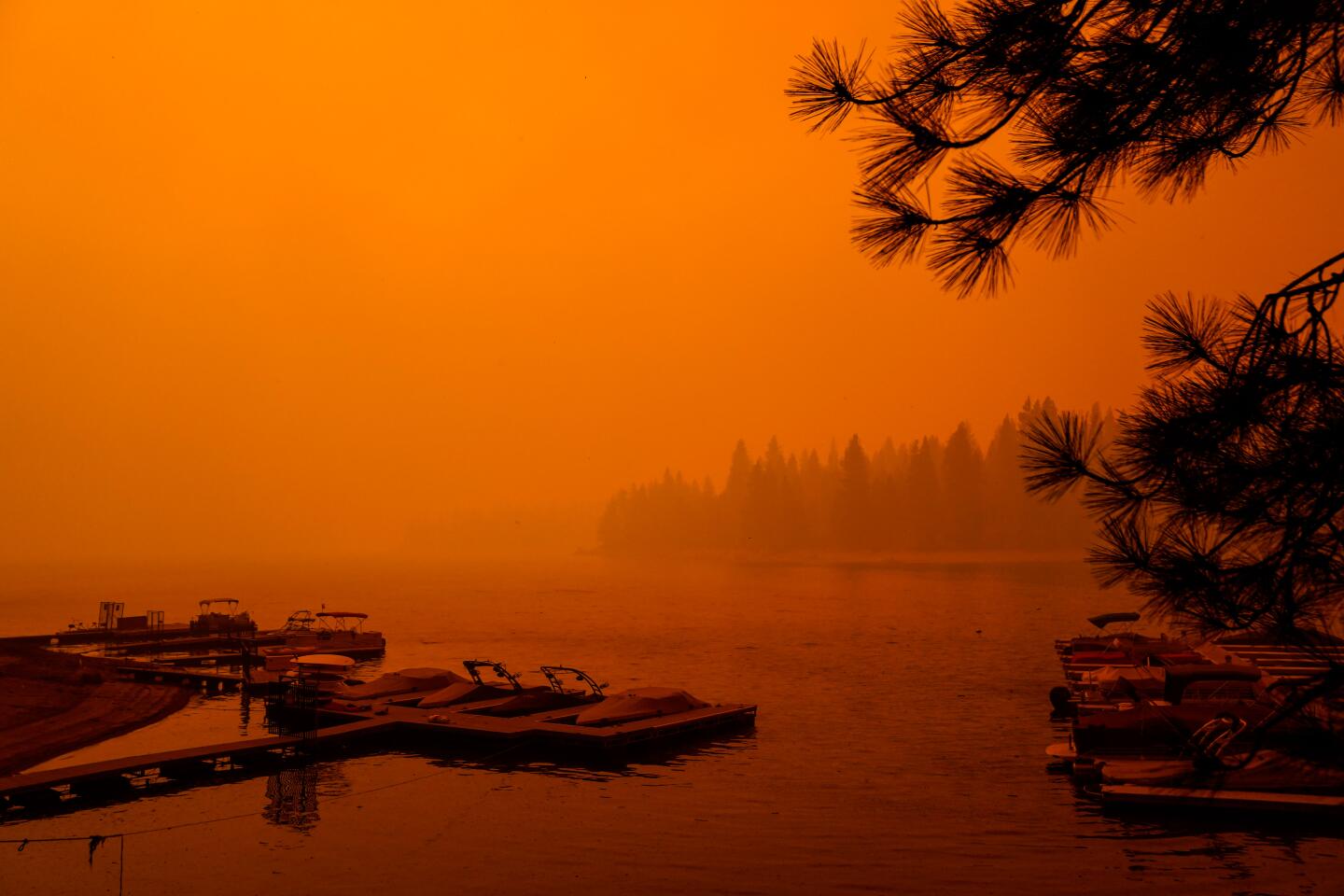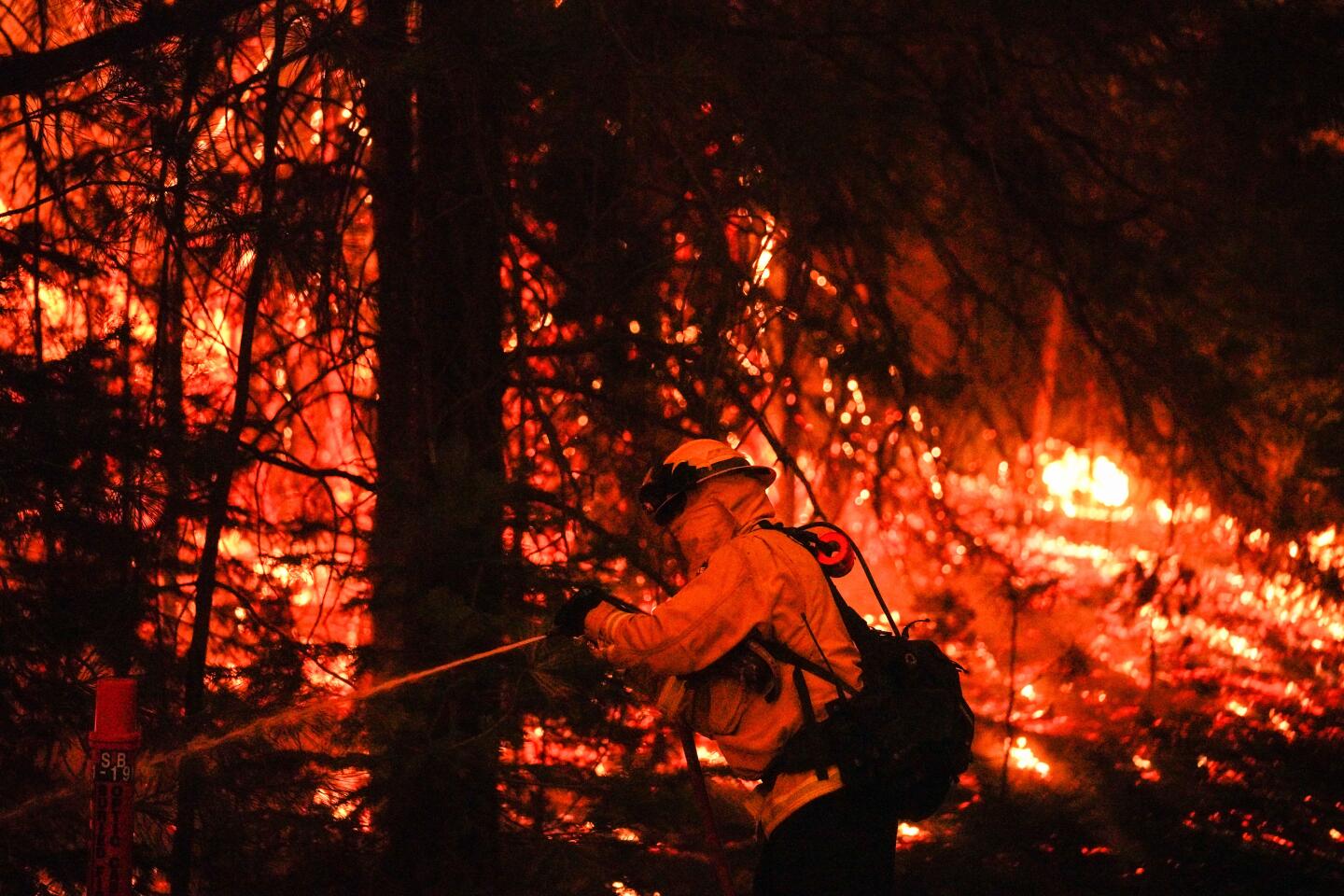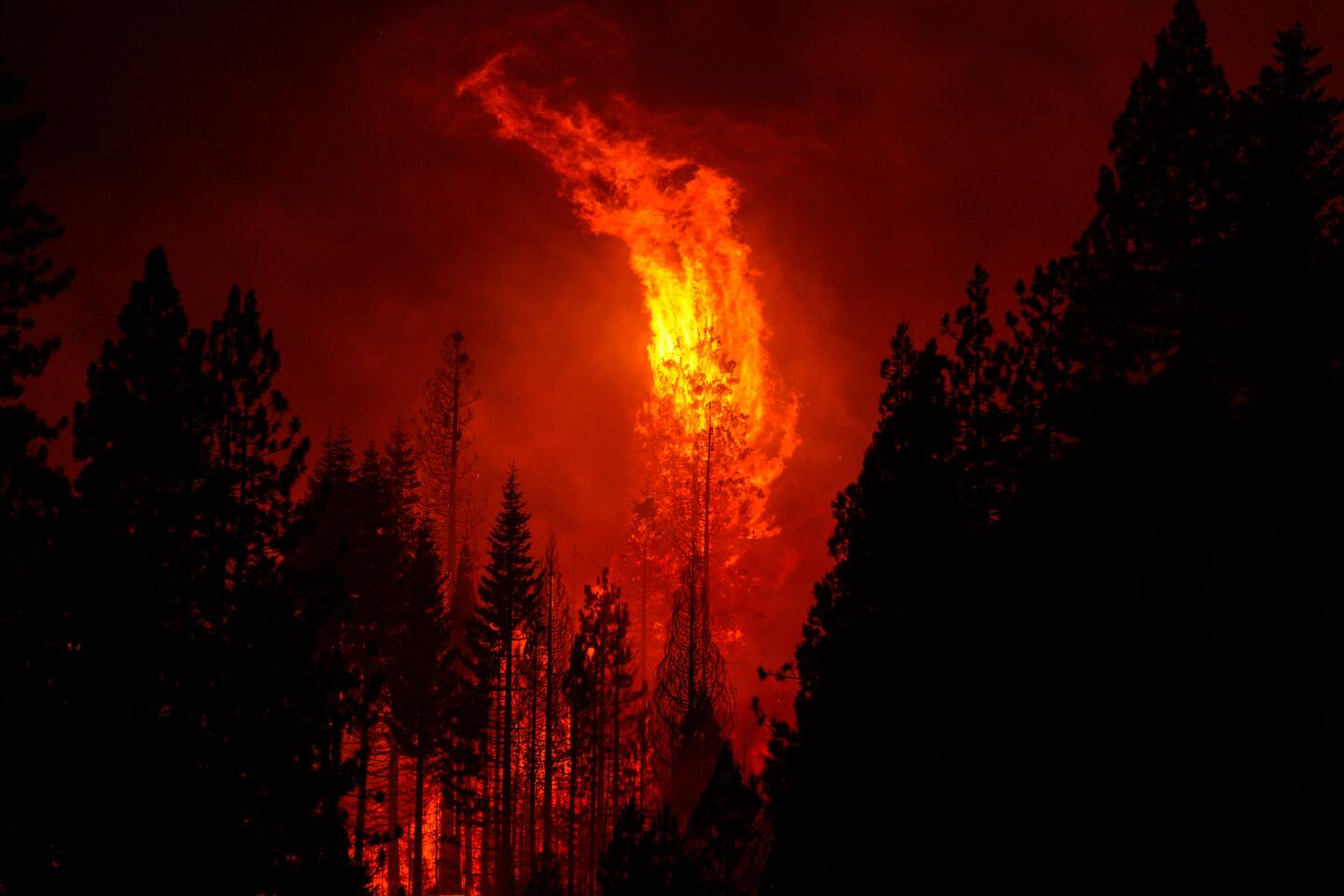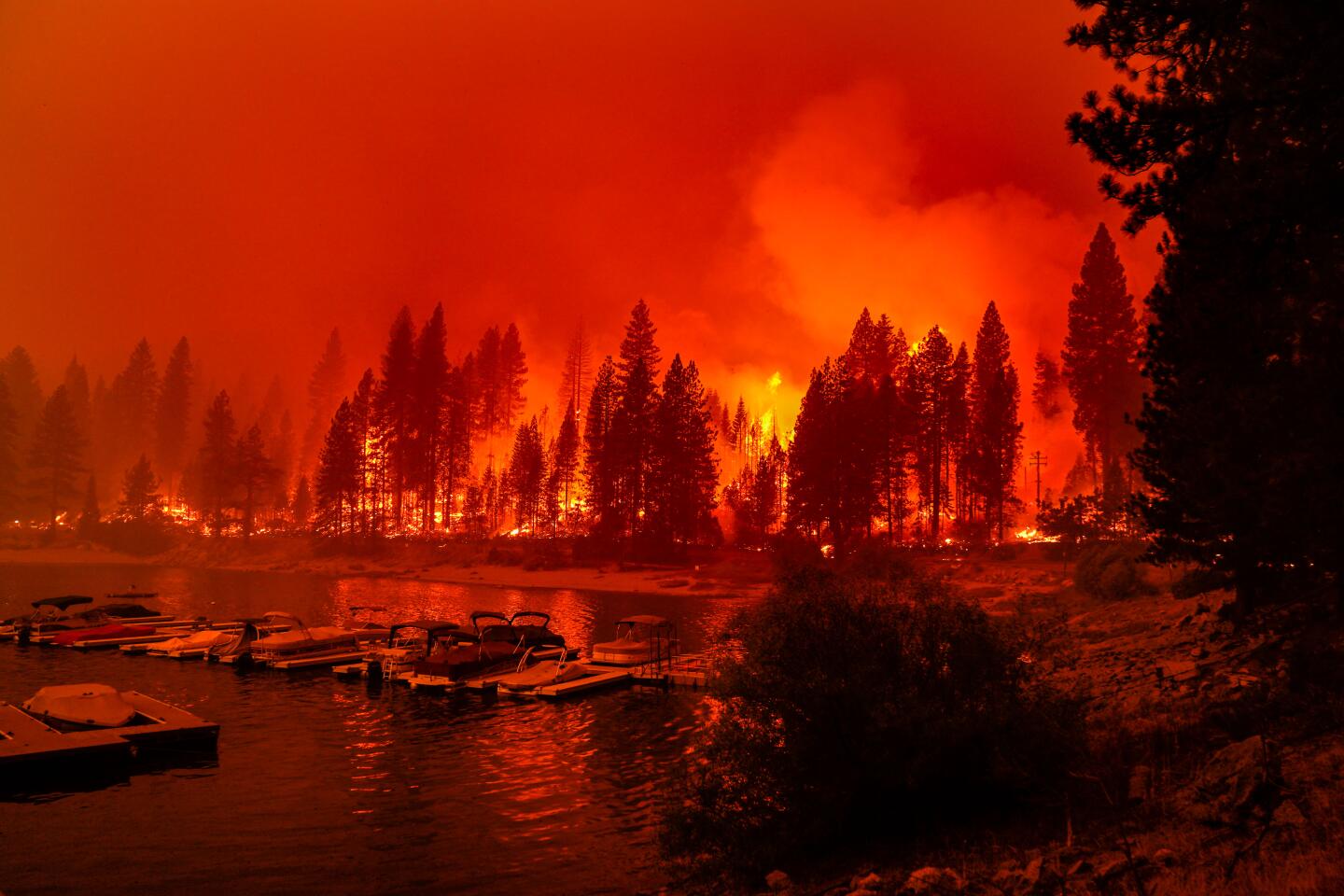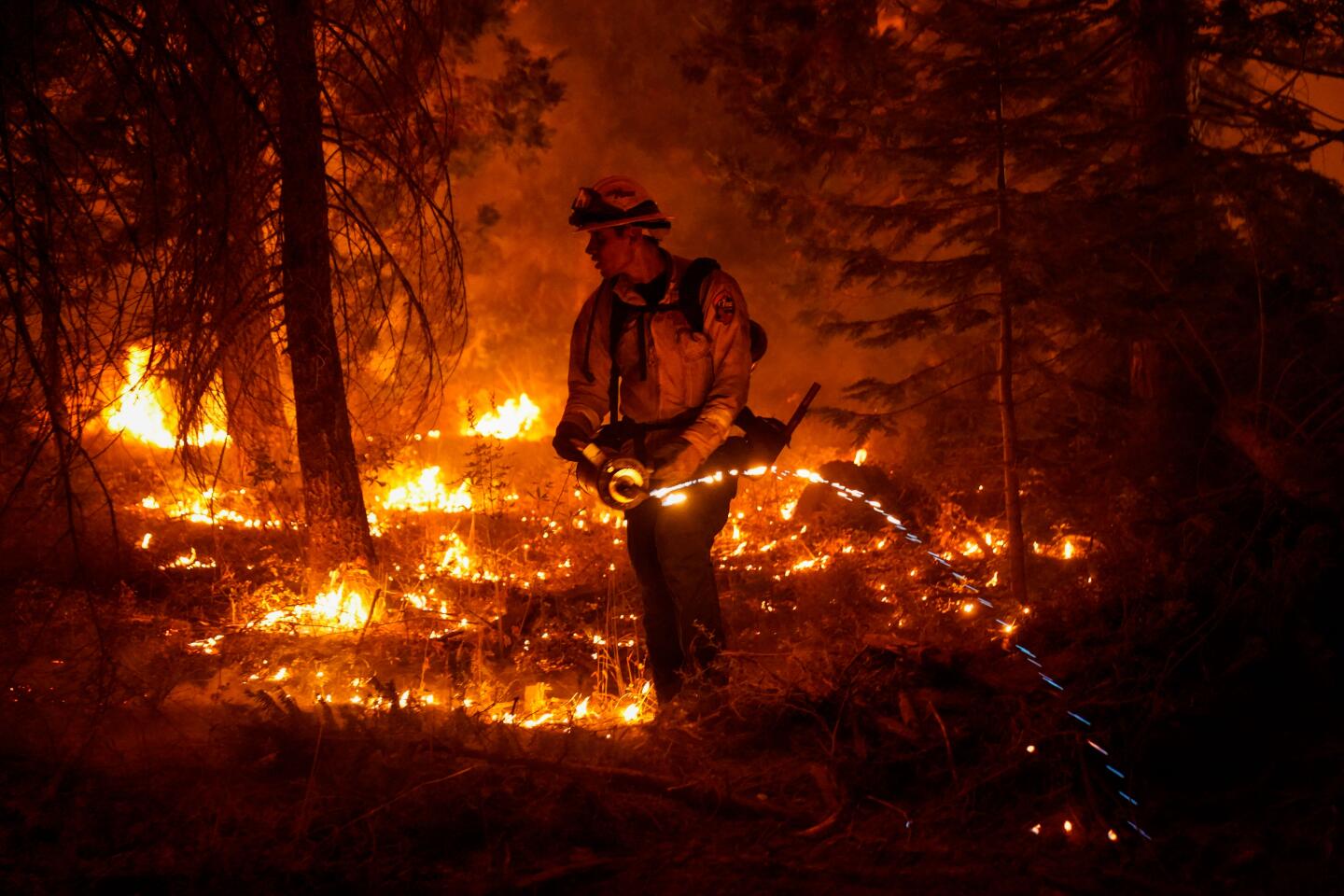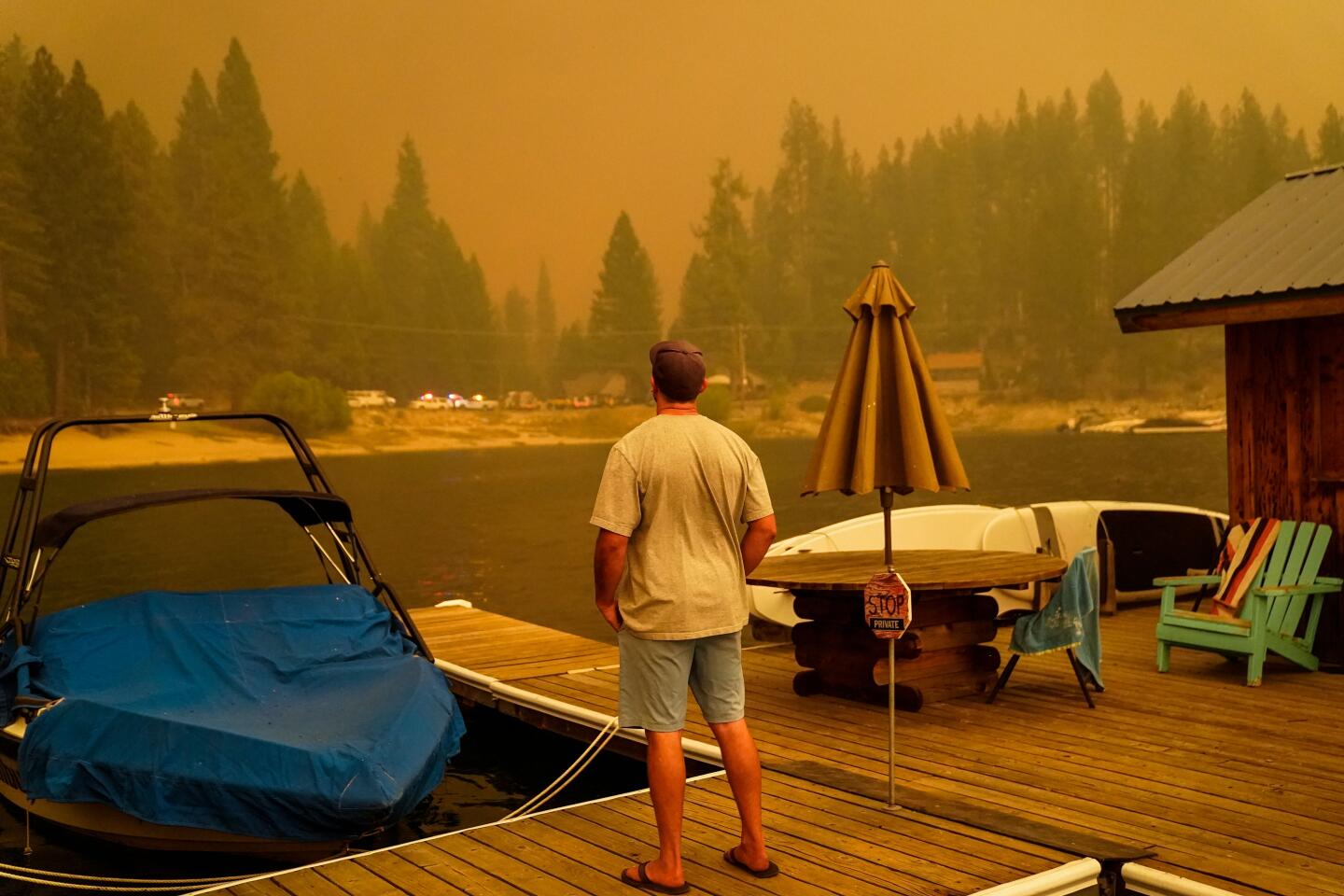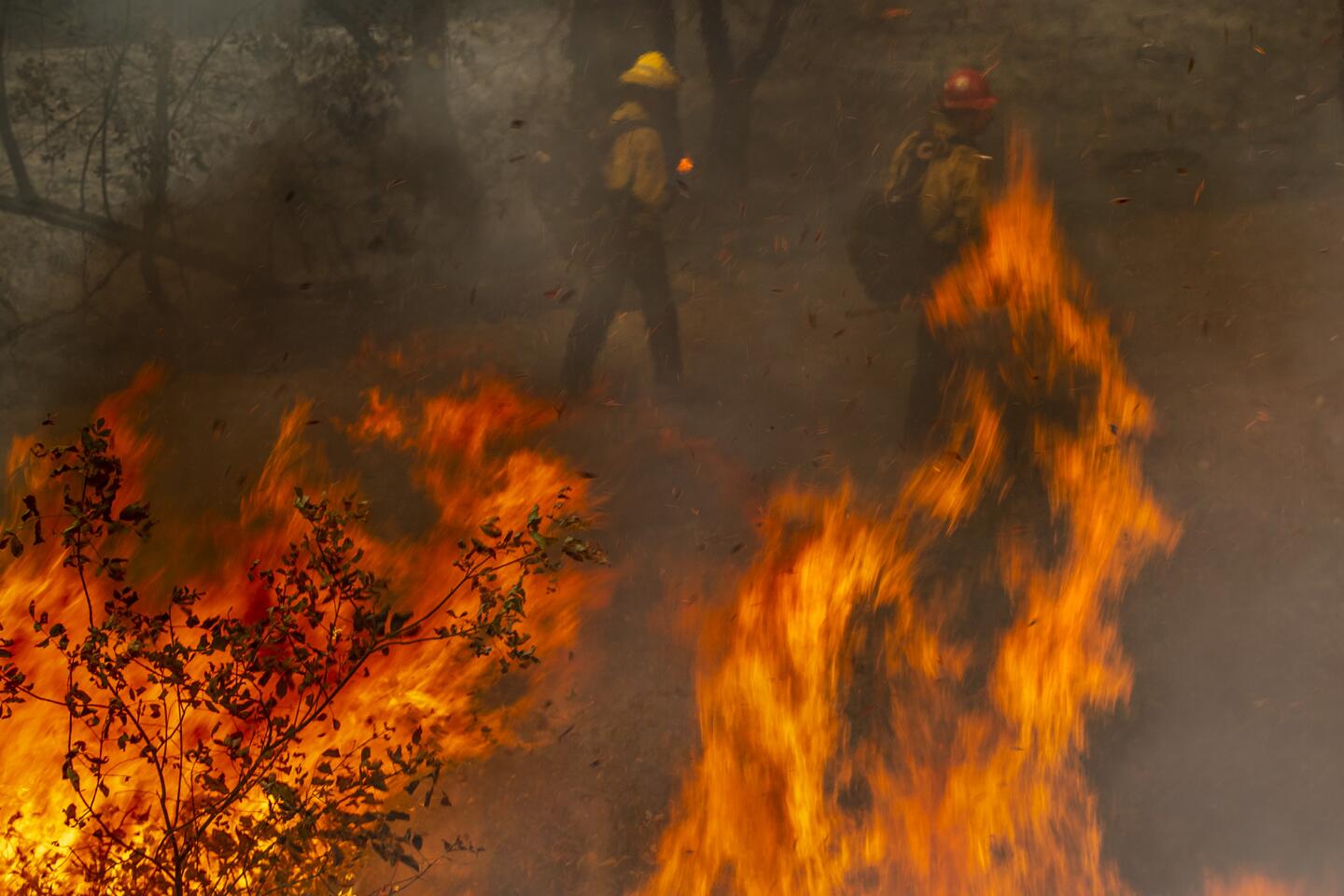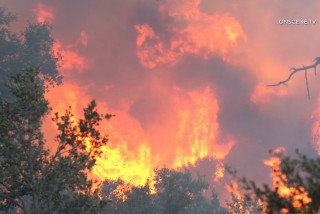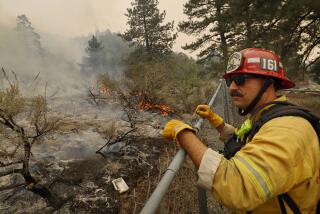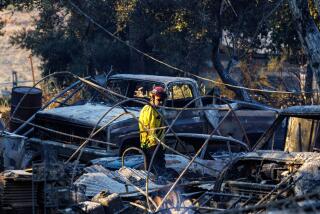Massive August fire now largest in California history, at 471,000 acres and counting
The massive August Complex fire is now officially the largest blaze in California history, burning more than 471,000 acres, another grim milestone in what is already the state’s most destructive fire year on record.
The fire burning north of Sacramento has now surpassed the 2018 Mendocino Complex fire, which burned more than 459,000 acres back in 2018.
The August Complex is burning in a remote area in and around Tehama County and has destroyed 26 structures. One fatality has been reported. That makes it the largest fire by size but far less destructive than other recent fires including the Camp fire in 2018, which burned 18,000 structures and killed 85 people in and around Paradise.
The August Complex started as more than 30 separate fires in the Mendocino National Forest and was caused by lightning. It is burning in Glenn, Mendocino, Lake, Tehama and Trinity counties.
Two other fires in the month of August have also made their way into the record books. The SCU Complex fire east of the Bay Area is now No. 3 at 396,000 acres, and the North Bay LNU fire is No. 4 with 363,000 acres burned.
The milestone comes as firefighters are battling blazes across the state.
The Bear fire, which quickly grew to more than 250,000 acres, swept through mountain hamlets and killed at least three people in Butte County.
Three bodies were found in the wake of the fire, part of the massive North Complex blazes that raced through northern Sierra Nevada foothills before dawn Wednesday. The multiple blazes caught crews and residents off guard as flames leaped southwest toward towns in Butte County, including the community of Paradise, which was largely destroyed by the Camp fire.
Across the state, 28 major wildfires have prompted more than 64,000 people to evacuate, said Daniel Berlant, a spokesman for the California Department of Forestry and Fire Protection.
In Northern California, some 20,000 residents in Plumas, Butte and Yuba counties were forced to flee the North Complex fires, which exploded in size to 254,000 acres overnight.
Fire officials on that incident and the Creek fire to the south struggled to get an exact footprint of the flames because a high-pressure weather system kept the intense smoke, now blanketing almost the entire state, close to the ground.
The gray shroud made it unsafe for pilots to drop retardant and water or surveil where the fires had been and where they were going.
“One of the things we’ve seen statewide is, with all the smoke, we can’t get a good assessment,” said Chris Vestal, a spokesman for the Creek fire response in the Sierra National Forest.
More to Read
Sign up for Essential California
The most important California stories and recommendations in your inbox every morning.
You may occasionally receive promotional content from the Los Angeles Times.
